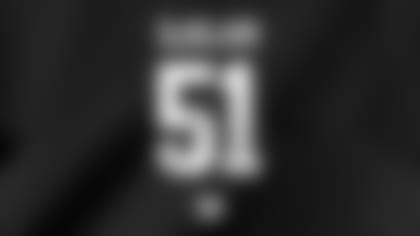EAST RUTHERFORD, N.J. – For the second year in a row, the 32 NFL teams have had a unique preparation period in advance of the NFL Draft.
In 2020, the league held the scouting combine in Indianapolis, but the onset of the pandemic forced the cancellation of on-campus pro days and the teams' personnel staffs to meet remotely. During the season, scouts could attend games but not otherwise visit campuses or engage with players. This year, the combine – an Indy staple every year since 1987 - was canceled. Pro days returned, but teams were prohibited from meeting with prospects face-to-face. They could, however, hold pre-draft video conference interviews.
"The hardest part was not being on the road, being on campus with the players," Giants director of college scouting Chris Pettit said today, when he and general manager Dave Gettleman were on a pre-draft Zoom call. "Getting the Zoom background went well. The colleges were great about offering those to us, but it was different because you're in a room with 32 other clubs and so you maybe didn't get the intimate information you'd get on campus. I hope we don't do that next fall; I hope we're back on campus again."
To enhance the challenge, decision-makers around the league are evaluating a draft class in which some of the very best players opted out of the 2020 collegiate season. That group includes LSU wide receiver Ja'Marr Chase, offensive linemen Penei Sewell of Oregon and Rashawn Slater of Northwestern, Penn State linebacker Micah Parsons, Virginia Tech cornerback Caleb Farley and Miami edge rusher Gregory Rousseau.
"There's nothing I can compare this to," said Gettleman, who currently has six choices, including No. 11 in the first round. "With a handful of these guys, it's almost like the NBA one-and-done: they go to college for a year and now, bang, they're in the NBA. So, you have to do it on a case by case basis. Listen, they made a decision to opt out. Who am I to judge? Things haven't changed, it's what you do between the white lines that give you your value as a player. Then, obviously you're judging the character piece as well."
Players who chose to not to play last year will be evaluated by the Giants with the same measures used with players who were full or part-time participants.
"I don't have any preconceived notions," Gettleman said. "We've discussed amongst each other in the room the reason why a guy opted out. When I get on the Zoom calls – we're still in the interview process with the players, so I've been doing two guys a night, tomorrow I'll do six guys in the afternoon – and we ask them specifically, 'Tell me your story about the opt out. What's your journey like? Are you glad you did it?'
"You go through that process, but it's hard especially because there are guys that were 19 years old the last time they played football and oh, by the way, this will be 20 months from the last time they put pads on. You know how I talk about the underwear Olympics (at the combine). The game is played in pads and it's played on a field. It's going to be interesting. Some of the opt-out kids did a great job, showed up at their pro days and were outstanding, outstanding. And there were a few of the opt-out guys who showed up looking like me, so that wasn't really good for them. So you do it on a case by case basis. You look at the film and you make a decision on them."
The draft-eligible players who did not suit up last season receive as much scrutiny as the teams can give them.
"With the opt-out guys specifically, we watched all of their film that they did play in '19 and going back, we went over it and over it again as much as possible," Pettit said. "Because that was it, that was all we had. Really, it was sit back and wait and get them at their pro days – I mean, that was it, that was our opportunity, so we made it a point, myself especially, anyone that opted out I tried to get to that pro day to get my eyes on them.
"Some of these guys you watch as they come up, you know who they are, but that was it. You really just had to sit and wait on these opt-out guys. We weren't allowed to talk to them and we talk to everybody, and you just ask your sources and build your character piece throughout the fall like any other player. You've got to do a lot of projecting, that's what this business is. But you had the benefit of some showing up to the Senior Bowl, you got down there, got to see them work, see what shape they were in. Again, it's hard, some of these guys haven't had pads on in 20 months when we're going to get them and that's part of the piece that we're going to have to take into consideration."
Gettleman was asked if opt-out evaluations differ by position.
"I think it's a broad stroke," he said. "A wide receiver opts out, he can get a JUGS machine. An offensive lineman opts out, I'm not so sure, it's different. The broader question for me is what did he do and, for us, right now what kind of a college career did he have? And the next piece is what did he do while things were going on and he wasn't playing? And what does he do at his pro day? So, you've got kind of three pieces to it and it's really a broader question. I don't think it's necessarily position specific."
In a typical year, a vital component of any pro day is the ability to speak in person to a player. This year, of course, is not typical.
"That was a big chunk of our character-building piece that we didn't have this year," Pettit said. "We weren't allowed to meet with them at the pro day, so it was just there observing. We met with all of these guys through Zooms beforehand. What we did was really leading up to the pro days, we kind of simulated what we would normally do at the combine with our formal interviews. We did that with the coaching staff and the personnel staff, we Zoomed them, so that's where you really get the information and where I got to meet them.
"The injury data and evaluations part are done. (Senior vice president of medical services) Ronnie Barnes and his staff have done a great job gathering that information. Is it as thorough because you're not getting your hands on these guys? You have 300-plus guys that normally go to the combine, we had about 150 (who underwent physicals) this year, so you're looking at about half the people our doctors don't have their hands on. We're all adapting to everything during this pandemic, so you're relying on phone calls and getting that information. But Ronnie and his staff have done that, so we have medical records on everybody going forward."
All of this leads to the multi-million-dollar question: do the Giants know these players well enough to make informed decisions in what is a crucial draft for a franchise eager to return to the playoffs?
"The cliff notes answer on it is yes," Gettleman said. "It's really hard to take a guy at 11 that you're betting on the potential, he's got all the PQ's. You know what it comes down to? I look at it this way … I'm a Boston Celtics fan. A couple years ago, the Celtics drafted Robert Williams out of (Texas A&M). He was a one-and-done guy with all kinds of potential. Well, now it's year three and he's finally starting to play to his abilities. In the NFL, I've got to be really cognizant of the coaches. They're under the pressure to win all the time. Every Sunday is a referendum on their skills as coaches and you've got to be really careful when you start taking guys that high that you love the physical skills and the potential, but how long is it going to take for it to show on the field? So that's kind of the balance I have to get to."
"I am (confident) and that's due to the work of our staff, the scouting staff and coaching staff," Pettit said. "We've done endless amounts of Zooms. The league allows you five Zooms, but that's just a Zoom. We've talked to these guys all season when we can, when we're allowed to in scouting season, but it's every day. The scouts have been awesome, they've been working the phone lines just to get to know them, so we can sit there and really, truly know him. And then also, our coaches are doing it, but we have been reaching out to the college coaches as well, going back and being thorough. I've gotten to the point where I feel like we do know these guys as we would in a normal year. Do we have the physical contact with them that we'd like? No, so I'm trusting that our staff has really worked hard enough to get that where we feel like we know them."
A week from today, they'll begin to see how well it all worked.
NFL Media analyst Daniel Jeremiah updated his ranking of the top 50 prospects in the 2021 NFL Draft for the final time before the start of the draft.
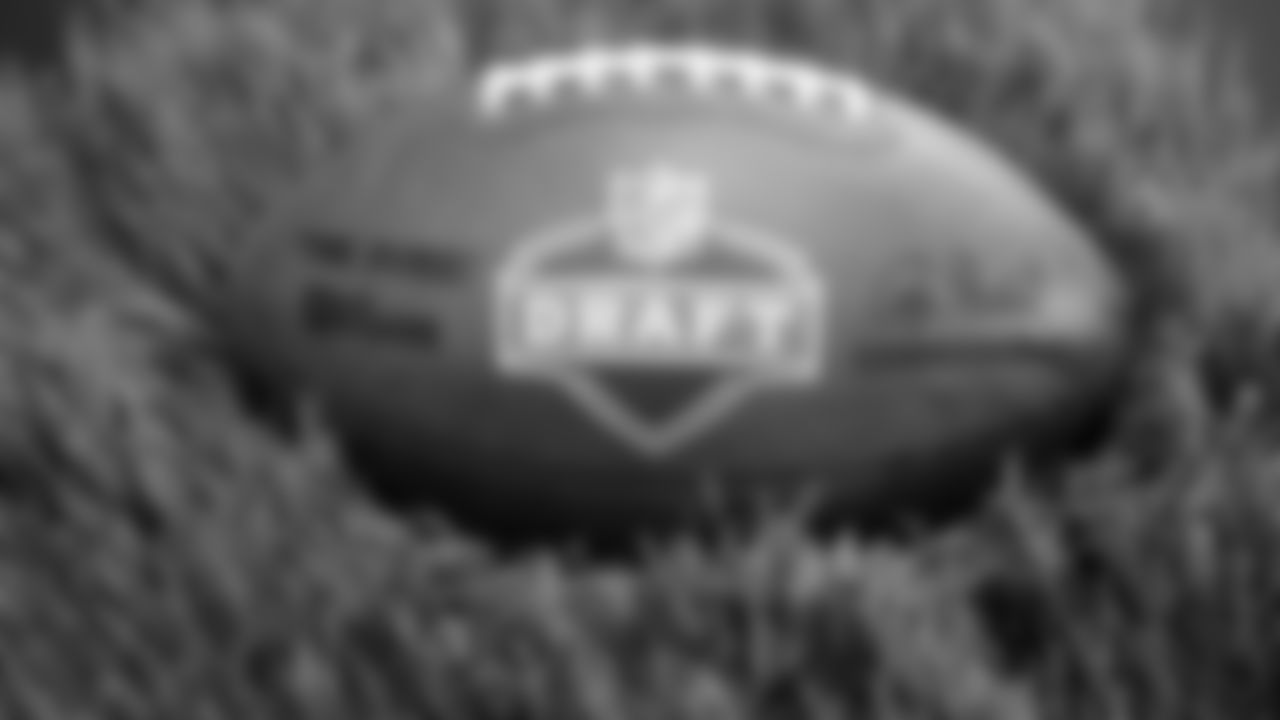
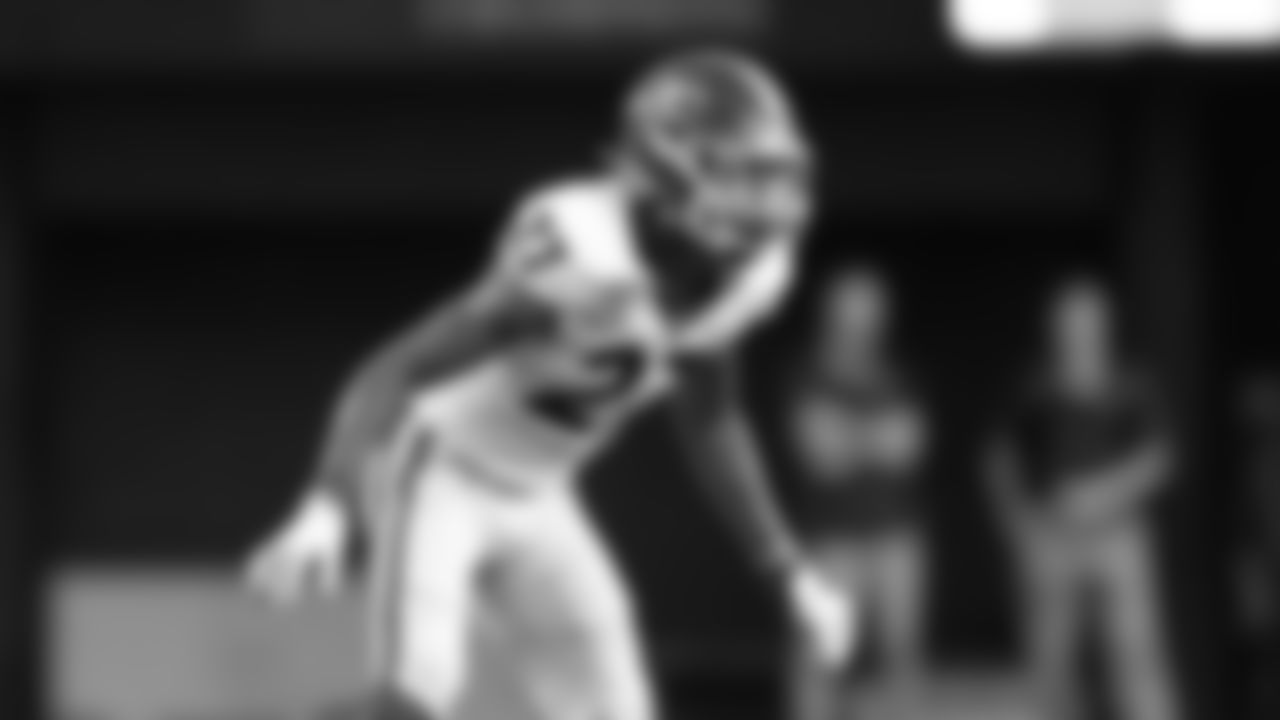
No. 50 Georgia CB Eric Stokes
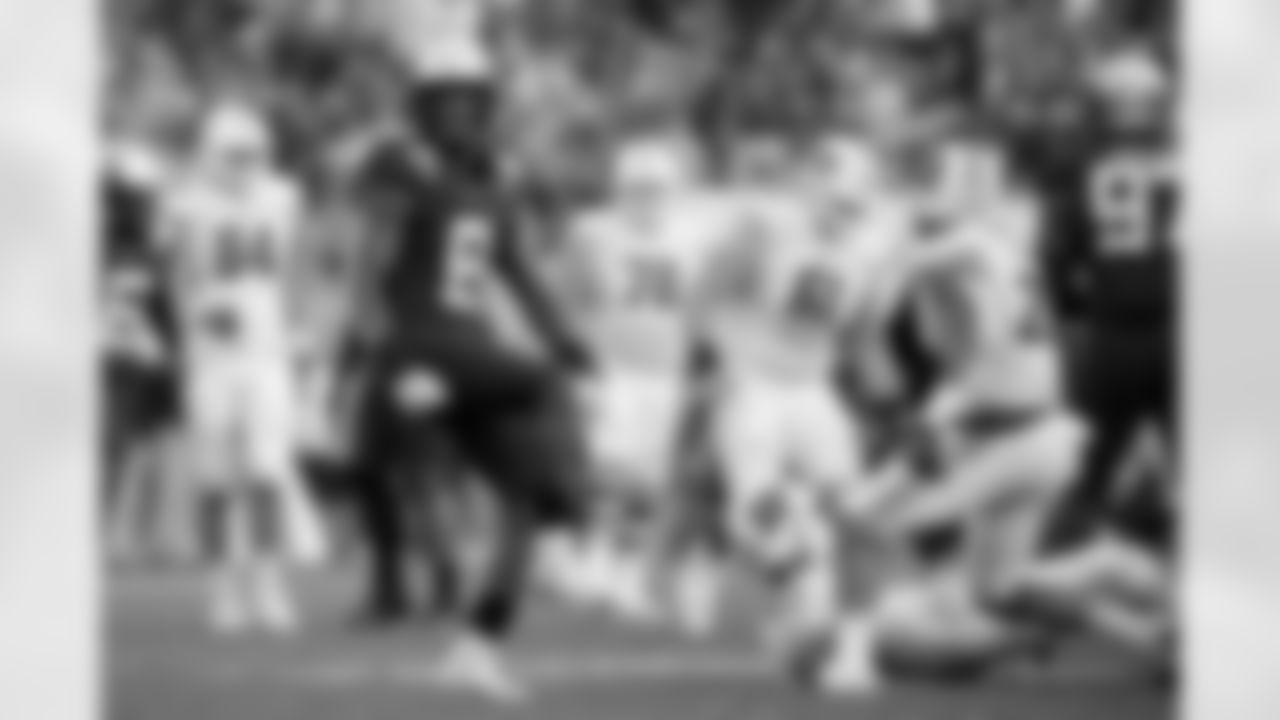
No. 49 Oregon S Jevon Holland
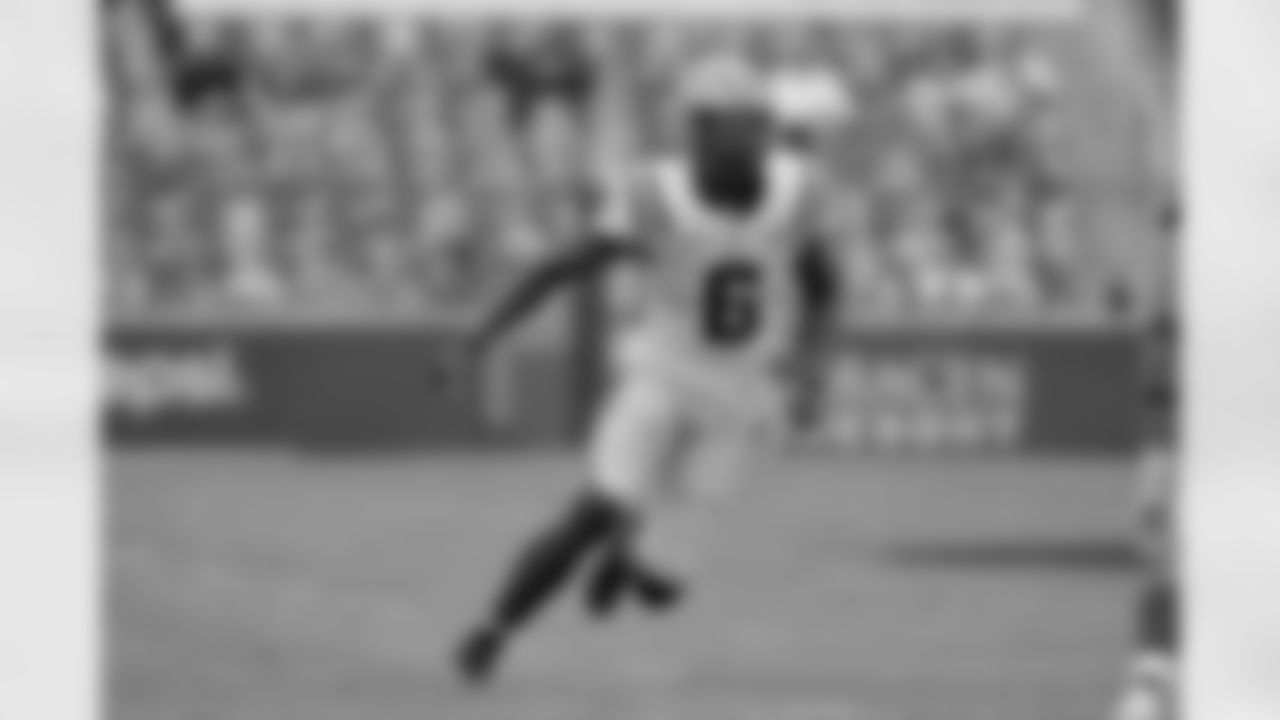
No. 48 LSU WR Terrace Marshall Jr.
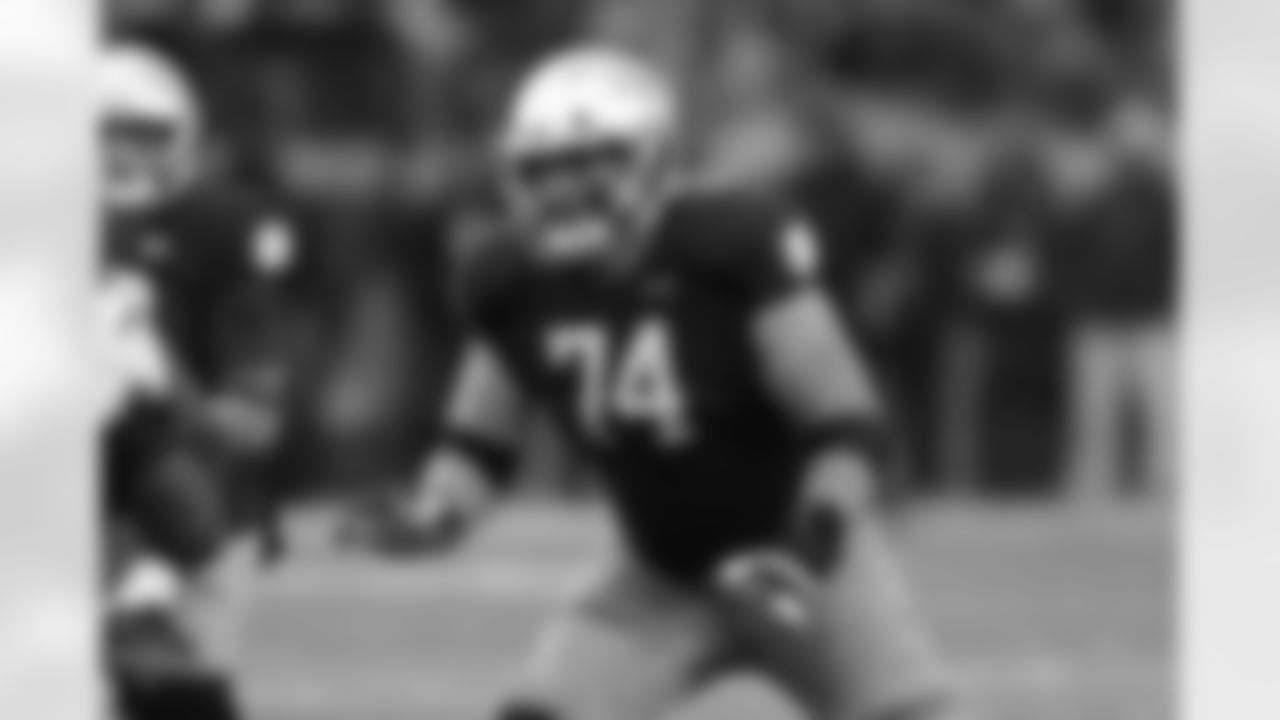
No. 47 Notre Dame OT Liam Eichenberg
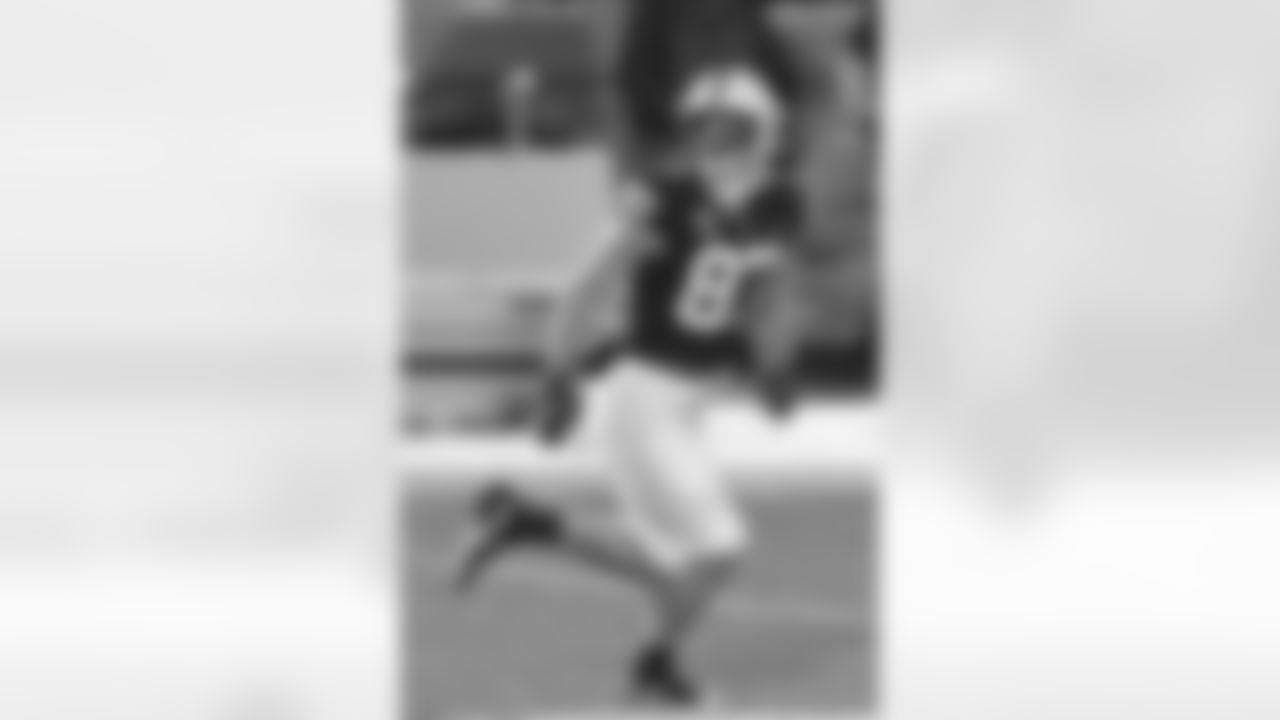
No. 46 Penn State TE Pat Freiermuth
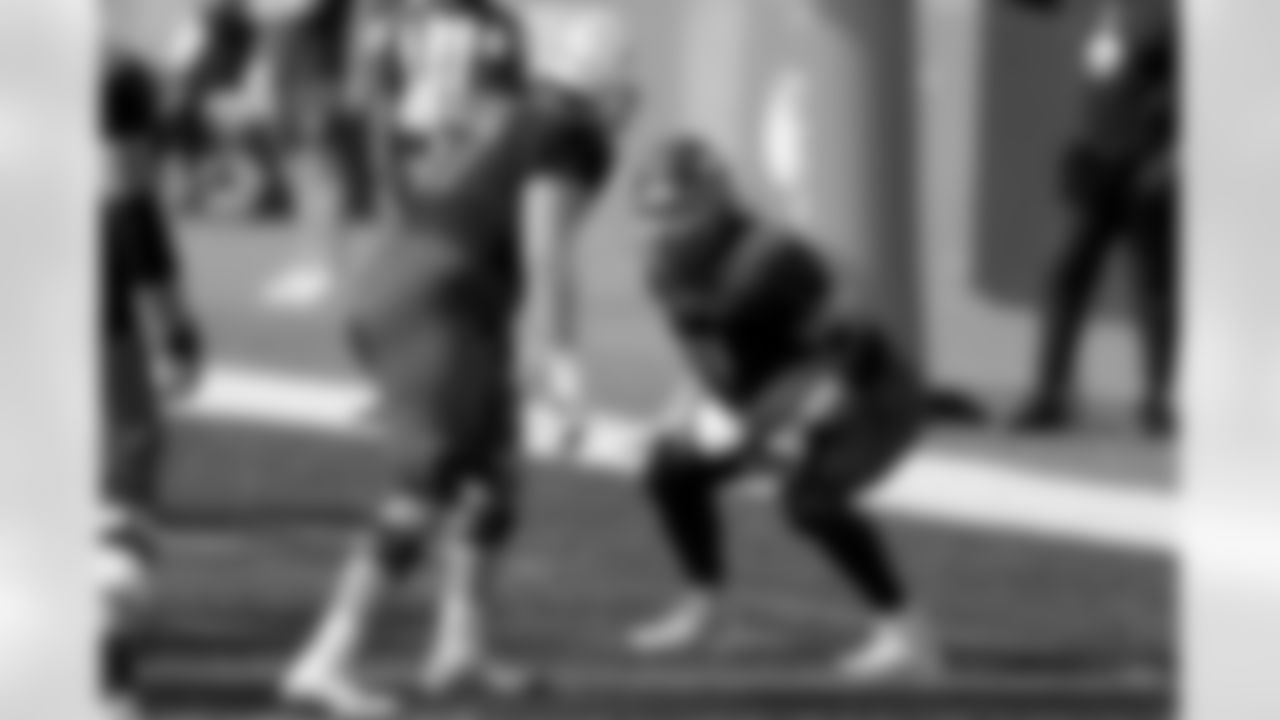
No. 45 Wisconsin-Whitewater IOL Quinn Meinerz
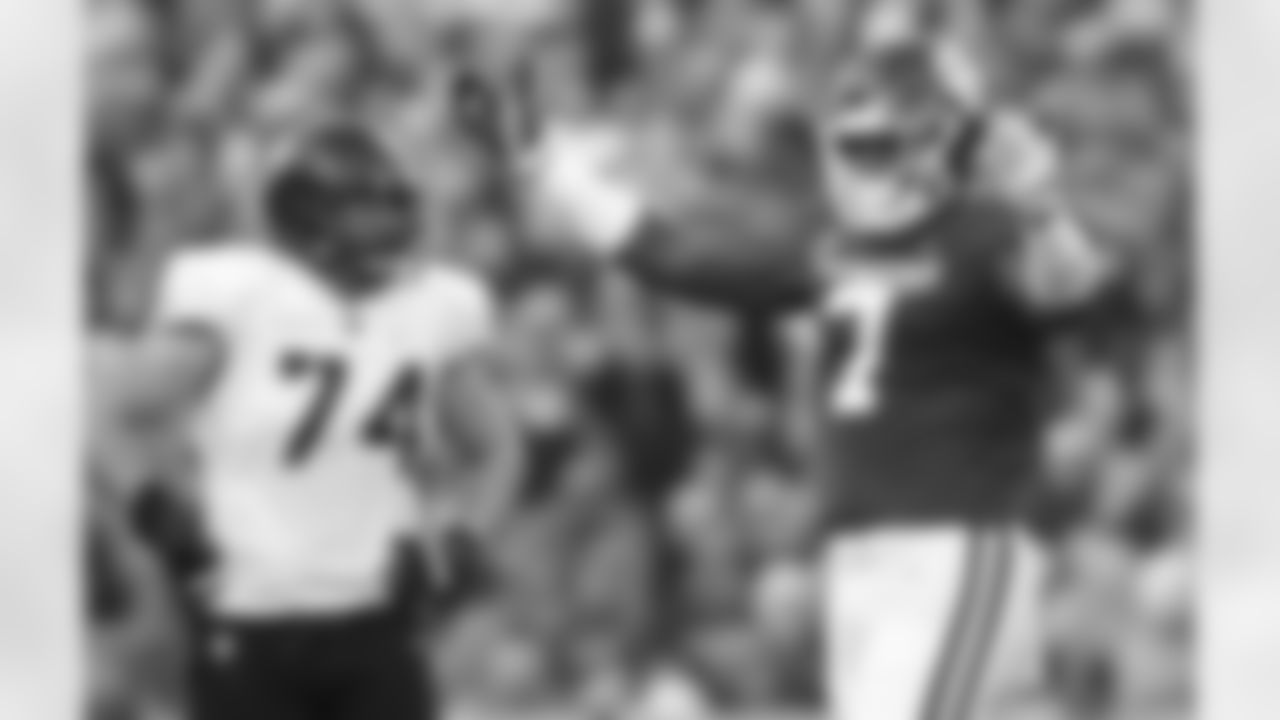
No. 44 Oklahoma EDGE Ronnie Perkins
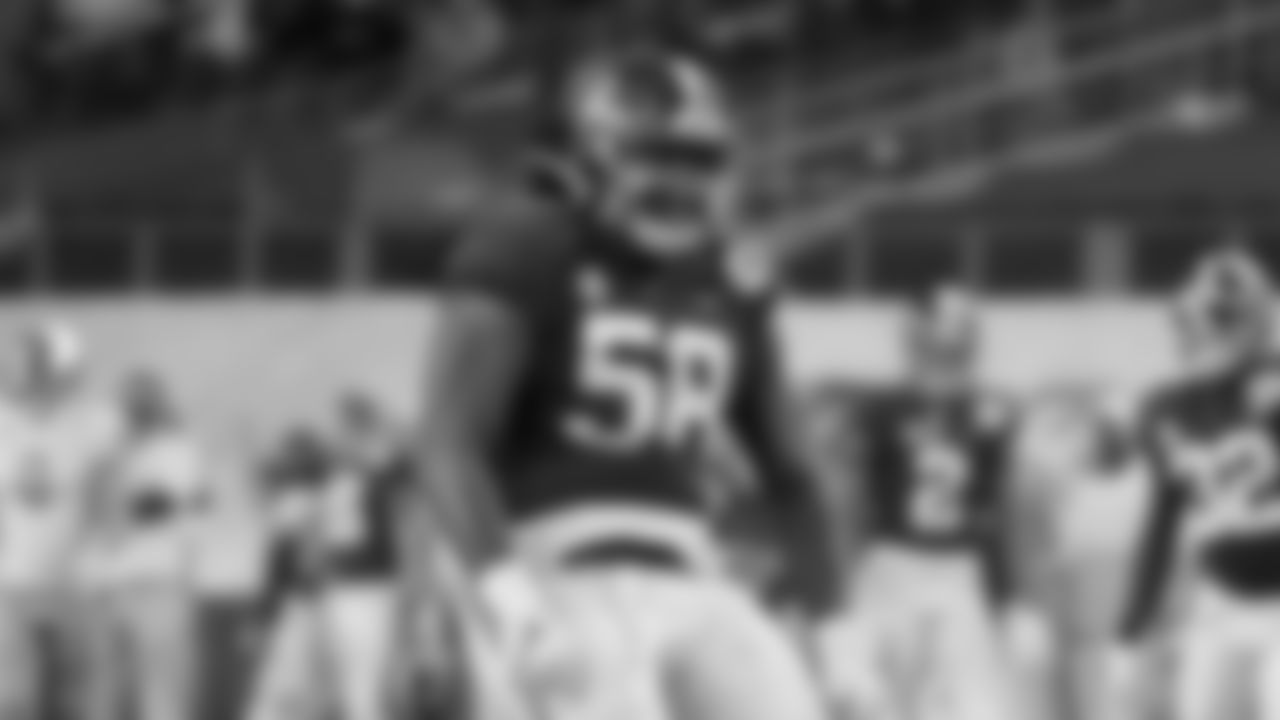
No. 43 Alabama DT Christian Barmore
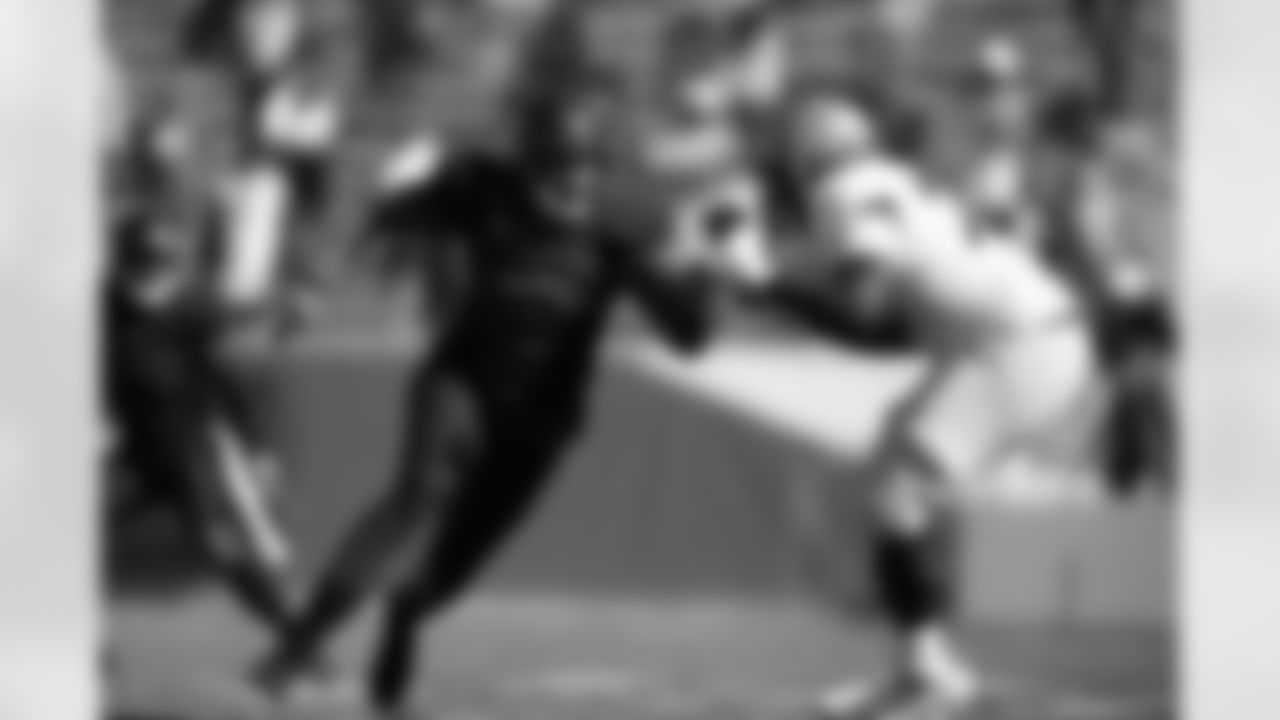
No. 42 Houston EDGE Payton Turner
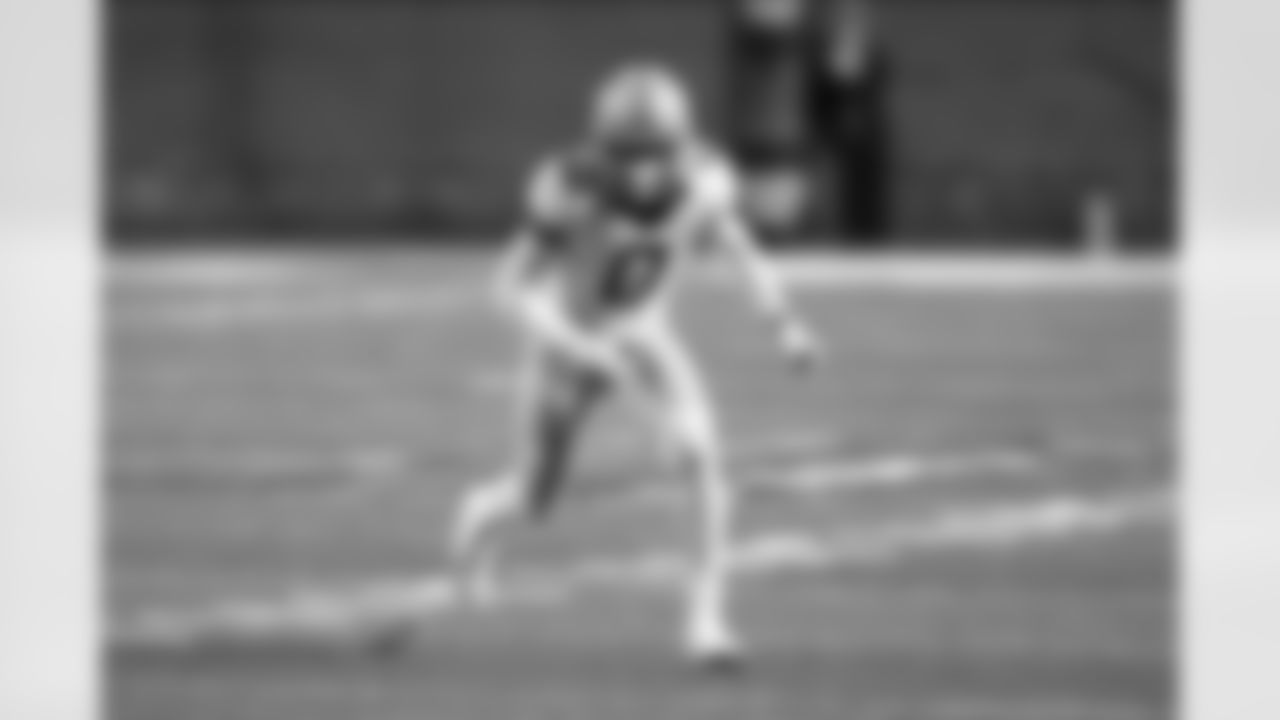
No. 41 Minnesota WR Rashod Bateman
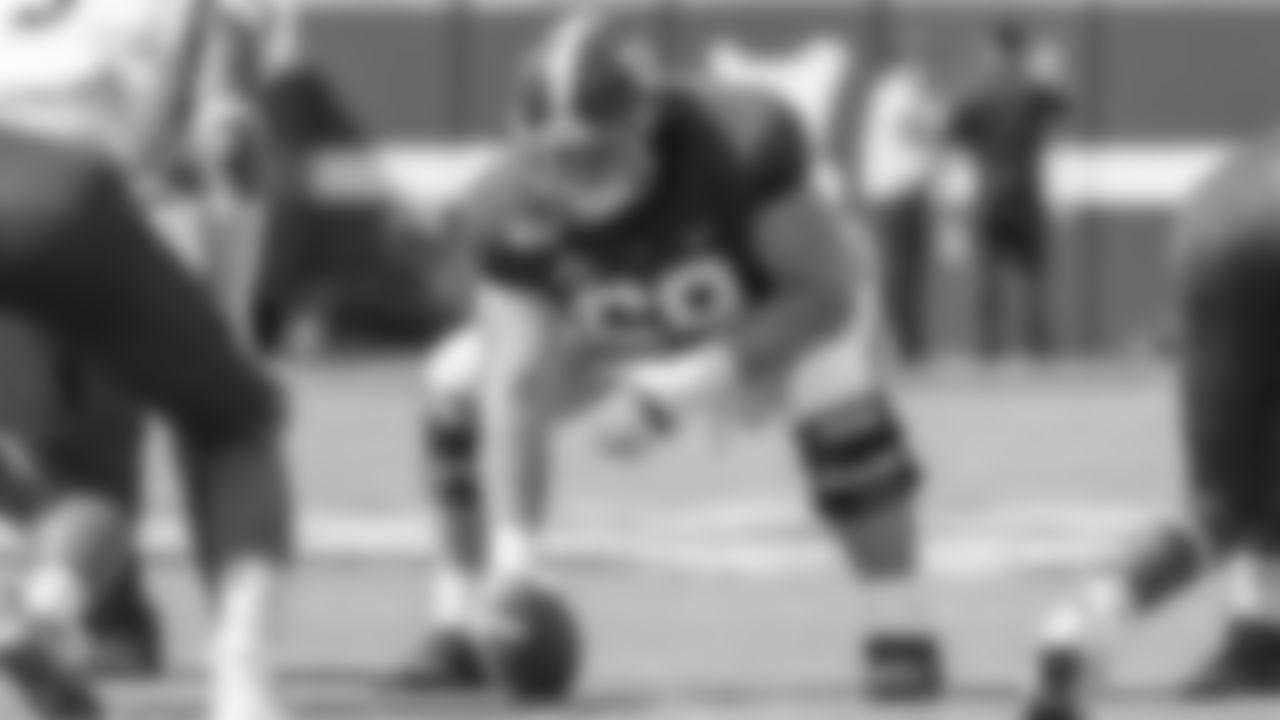
No. 40 Alabama IOL Landon Dickerson
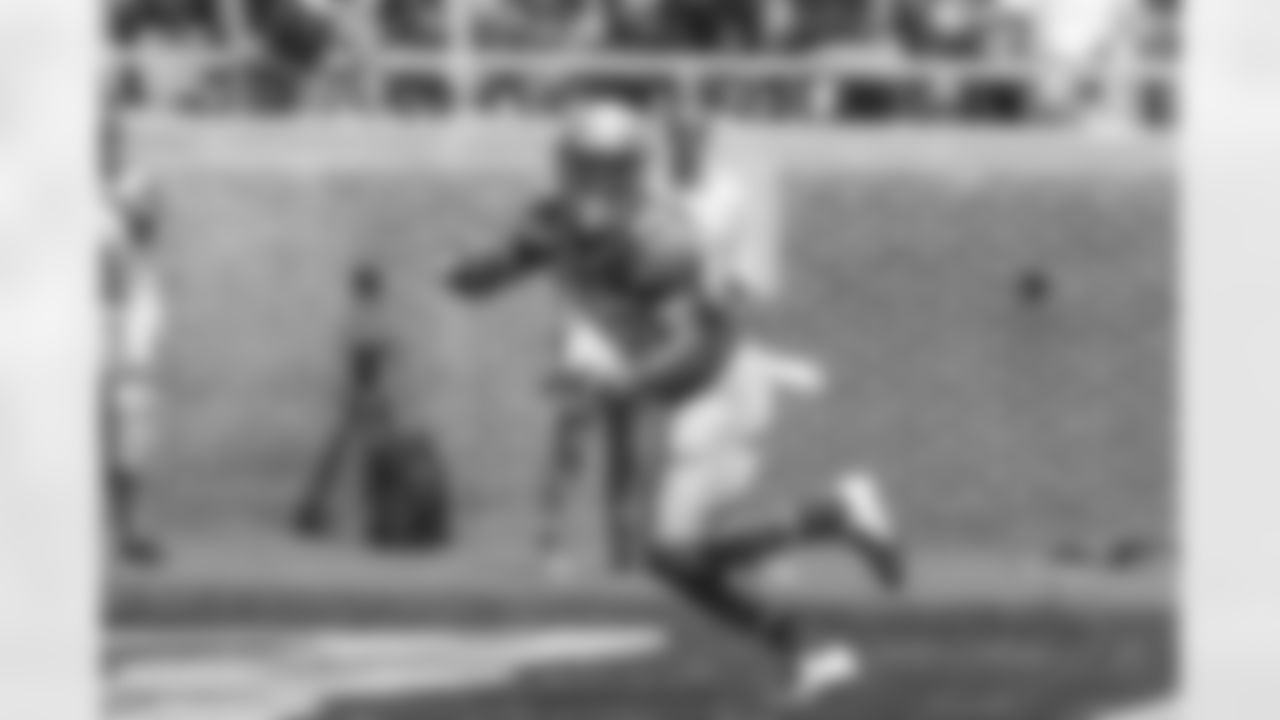
No. 39 Florida State CB Asante Samuel Jr.
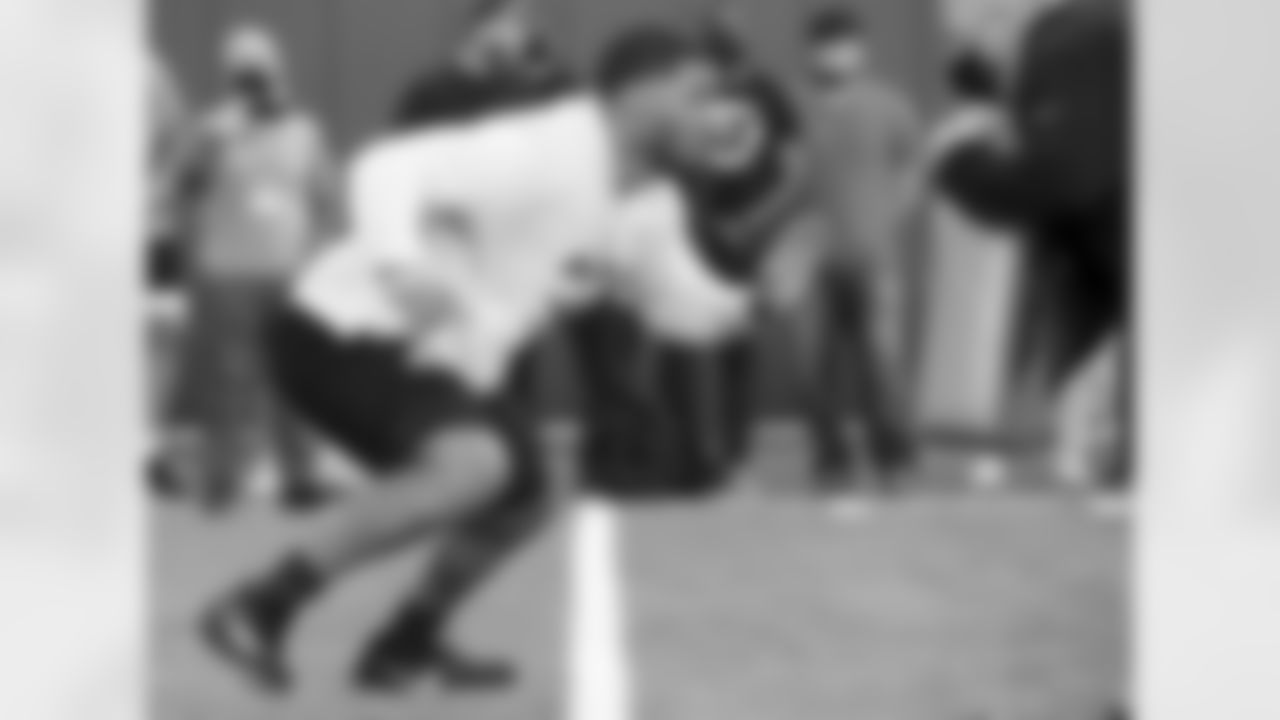
No. 38 Virginia Tech OT Christian Darrisaw
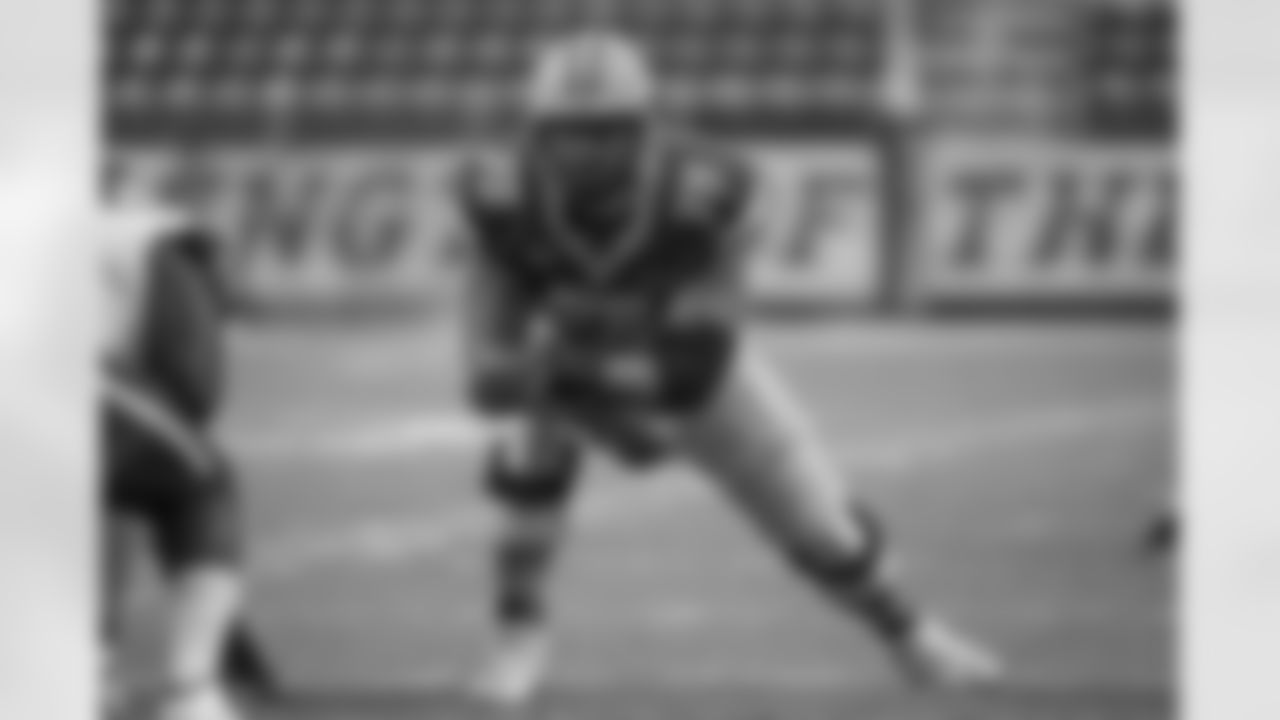
No. 37 North Dakota State OT Dillon Radunz
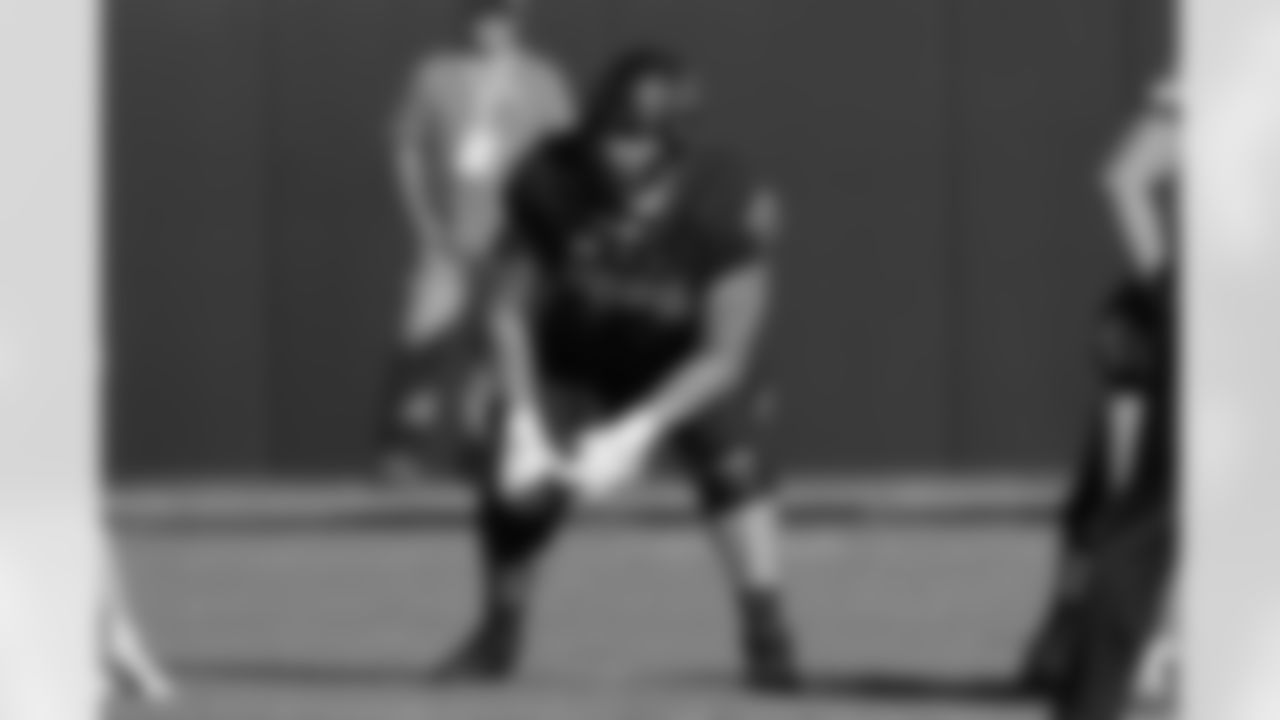
No. 36 Oklahoma State OT Teven Jenkins
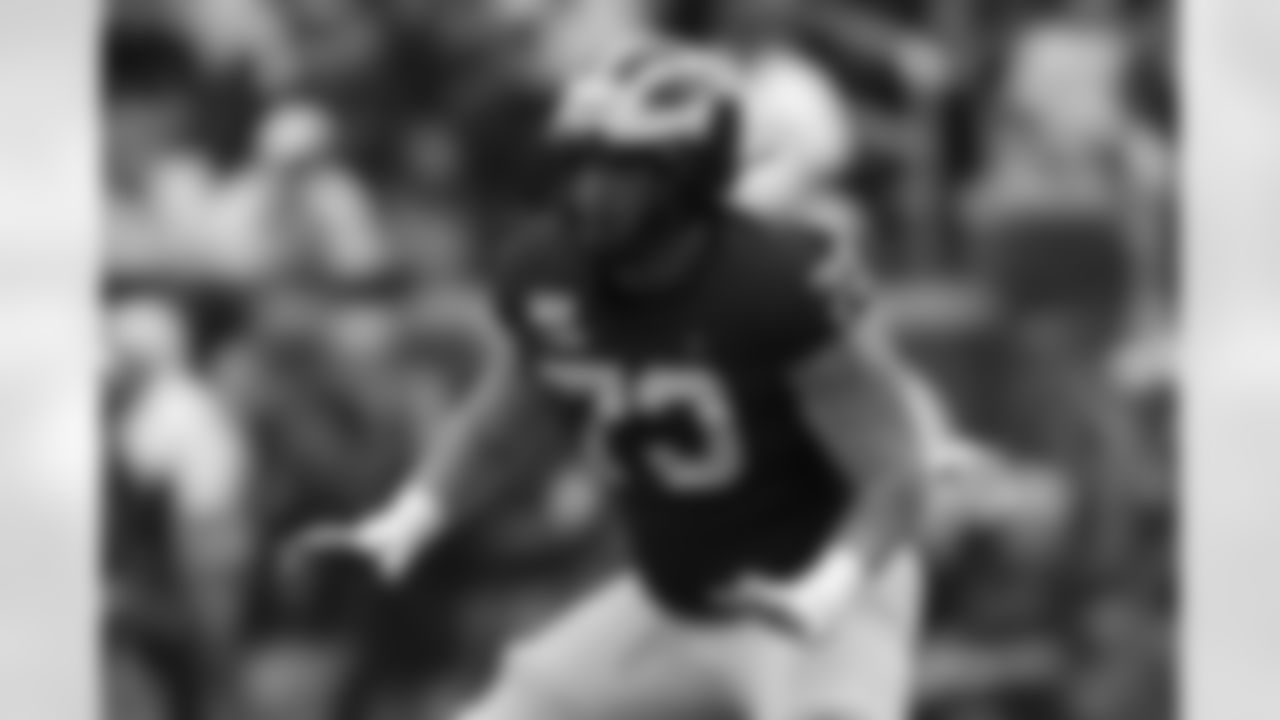
No. 35 Michigan OT Jalen Mayfield
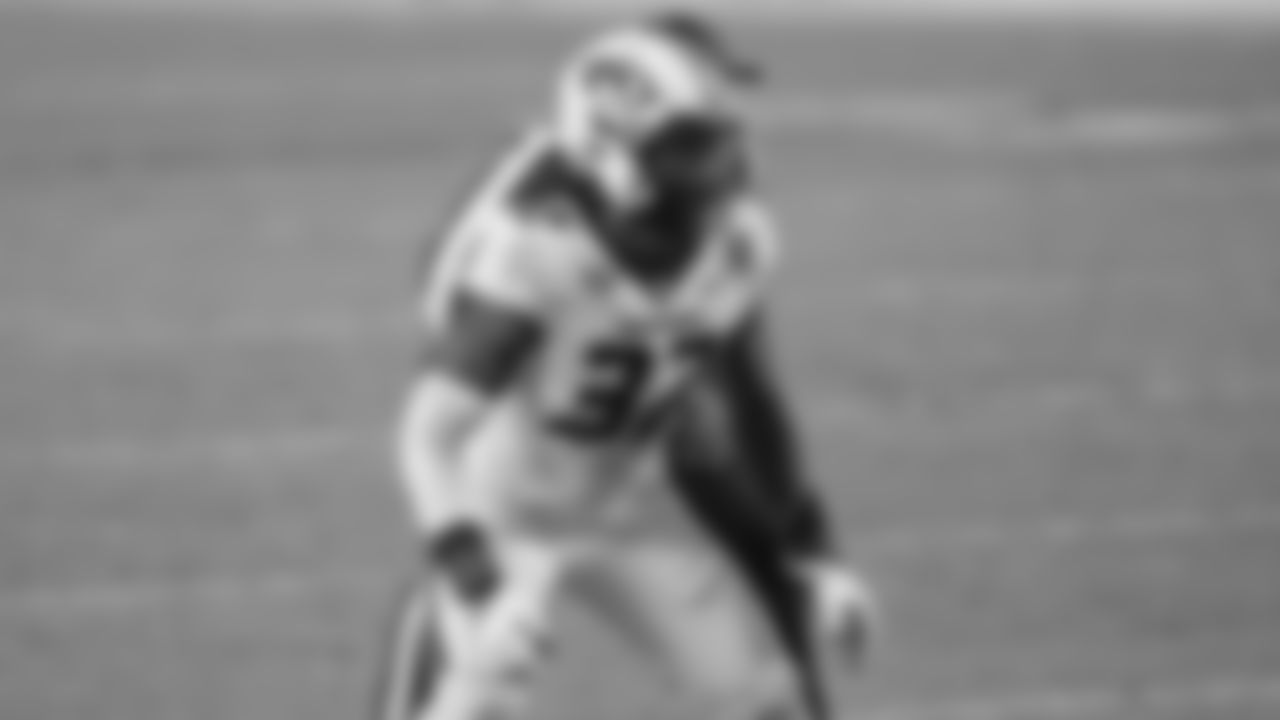
No. 34 Missouri LB Nick Bolton
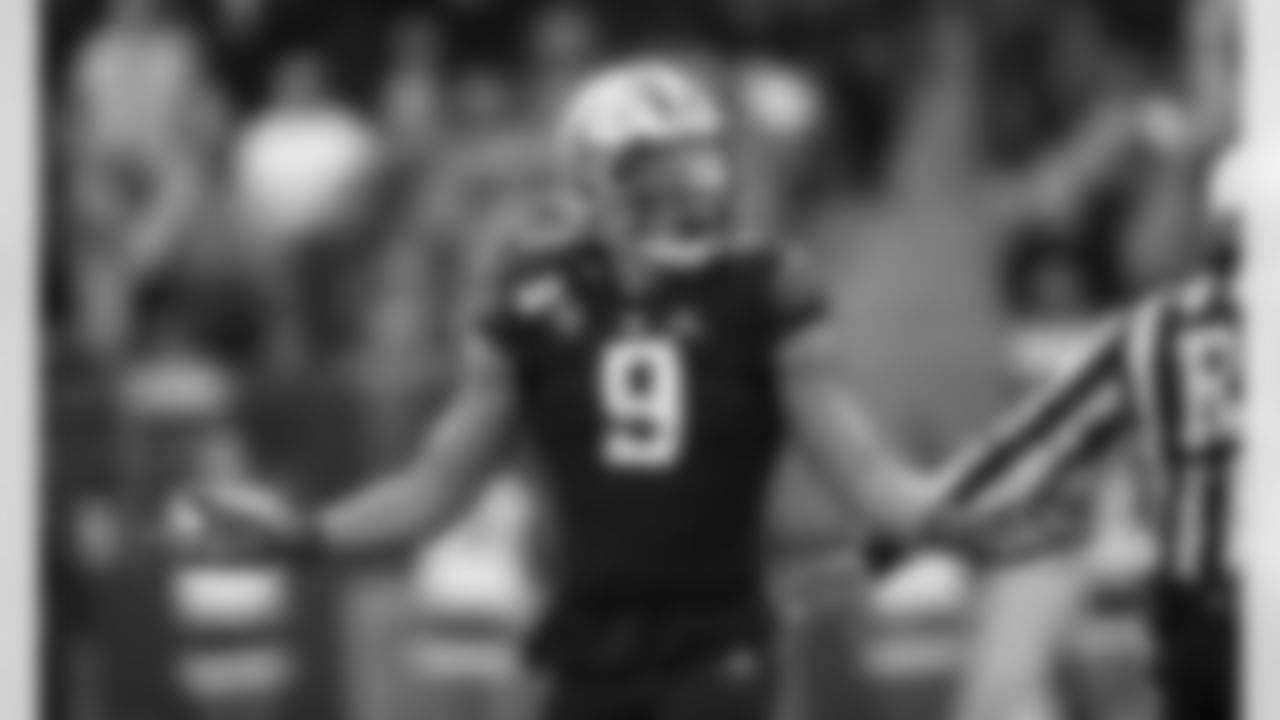
No. 33 Washington EDGE Joe Tryon
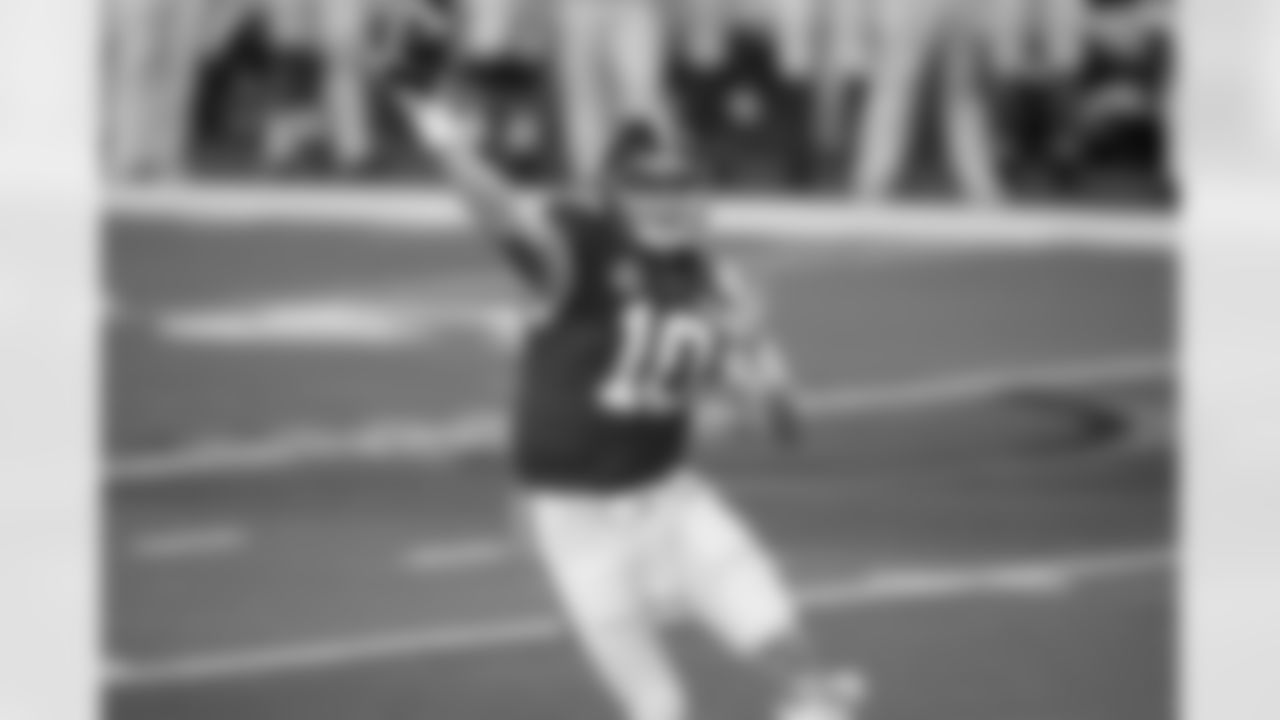
No. 32 Alabama QB Mac Jones
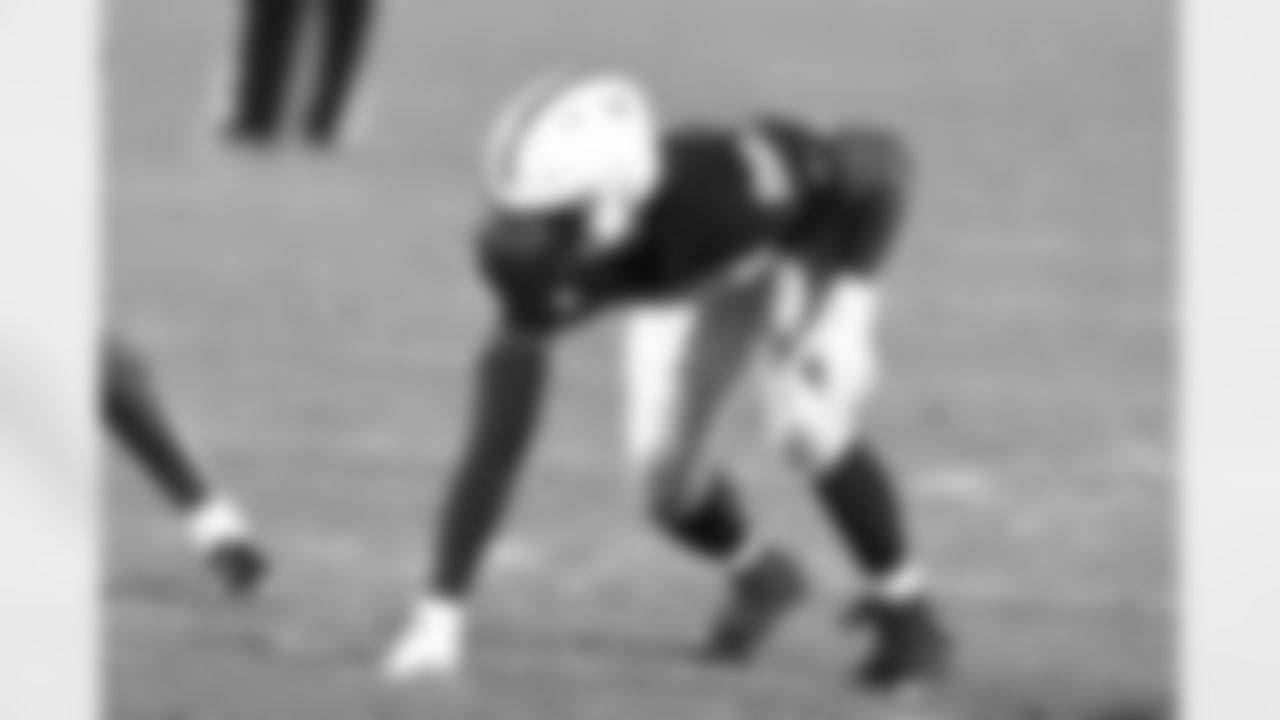
No. 31 Penn State EDGE Jayson Oweh
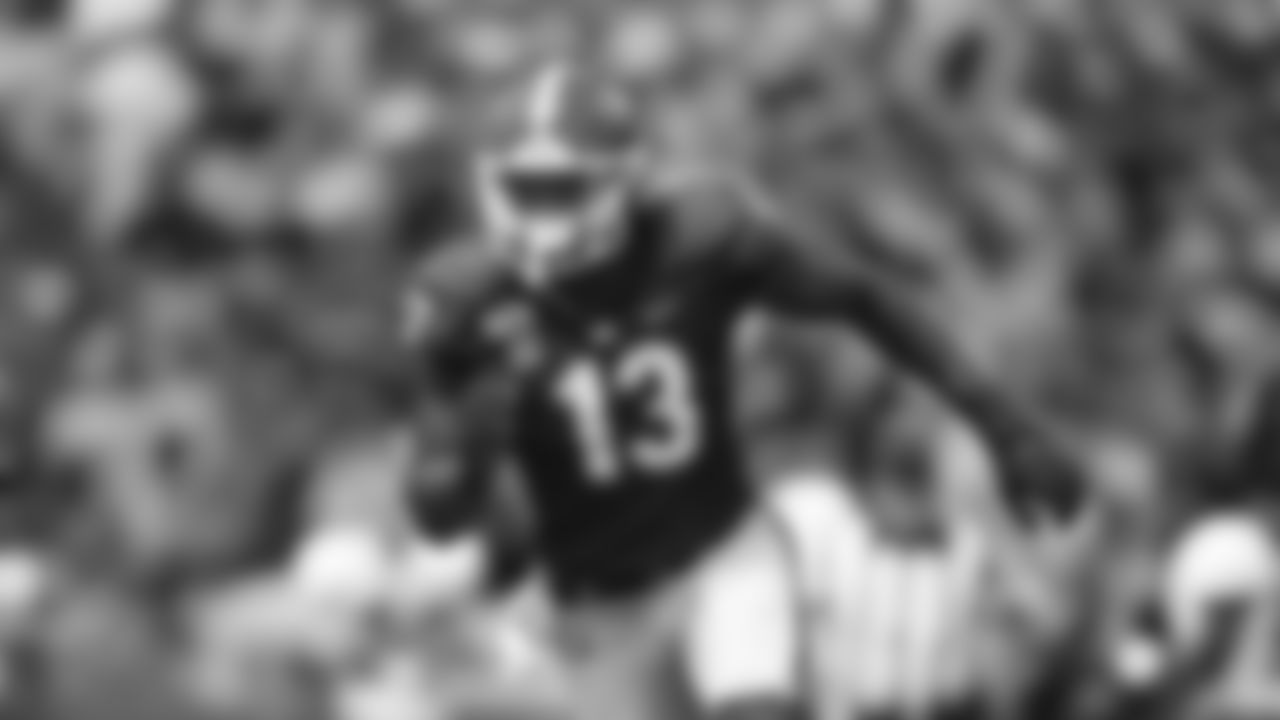
No. 30 Georgia EDGE Azeez Ojulari
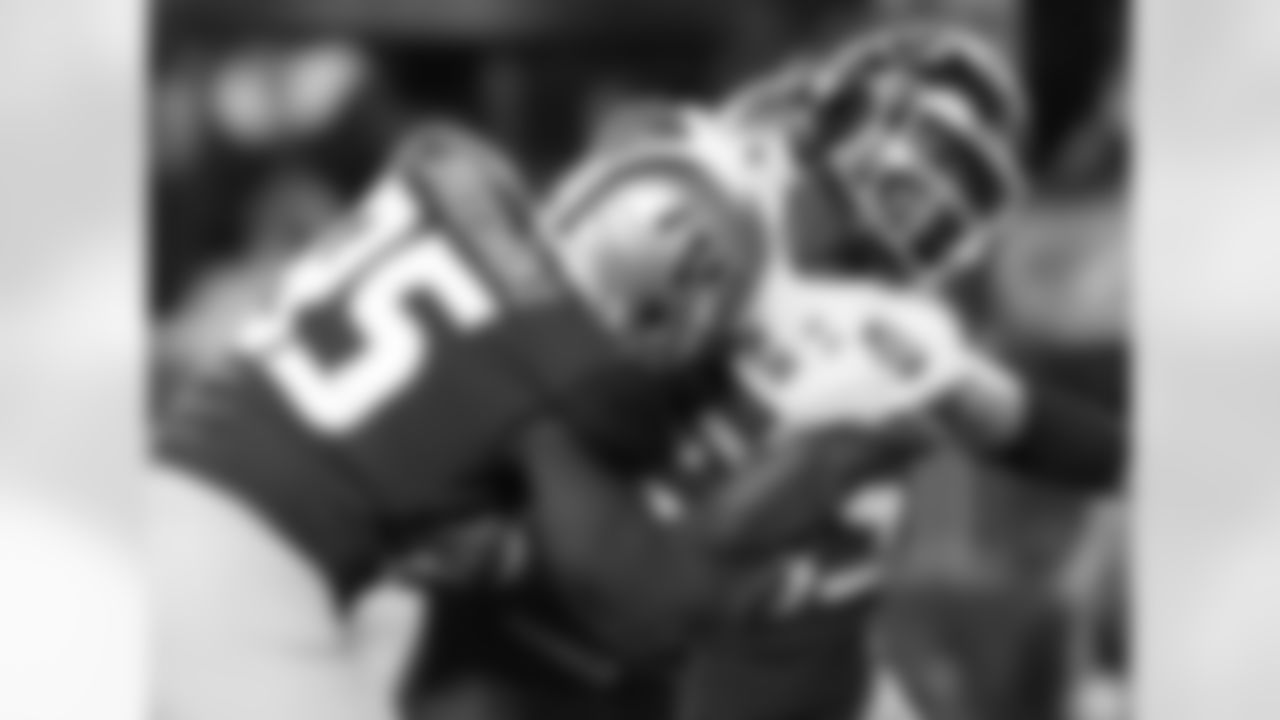
No. 29 Washington DT Levi Onwuzurike
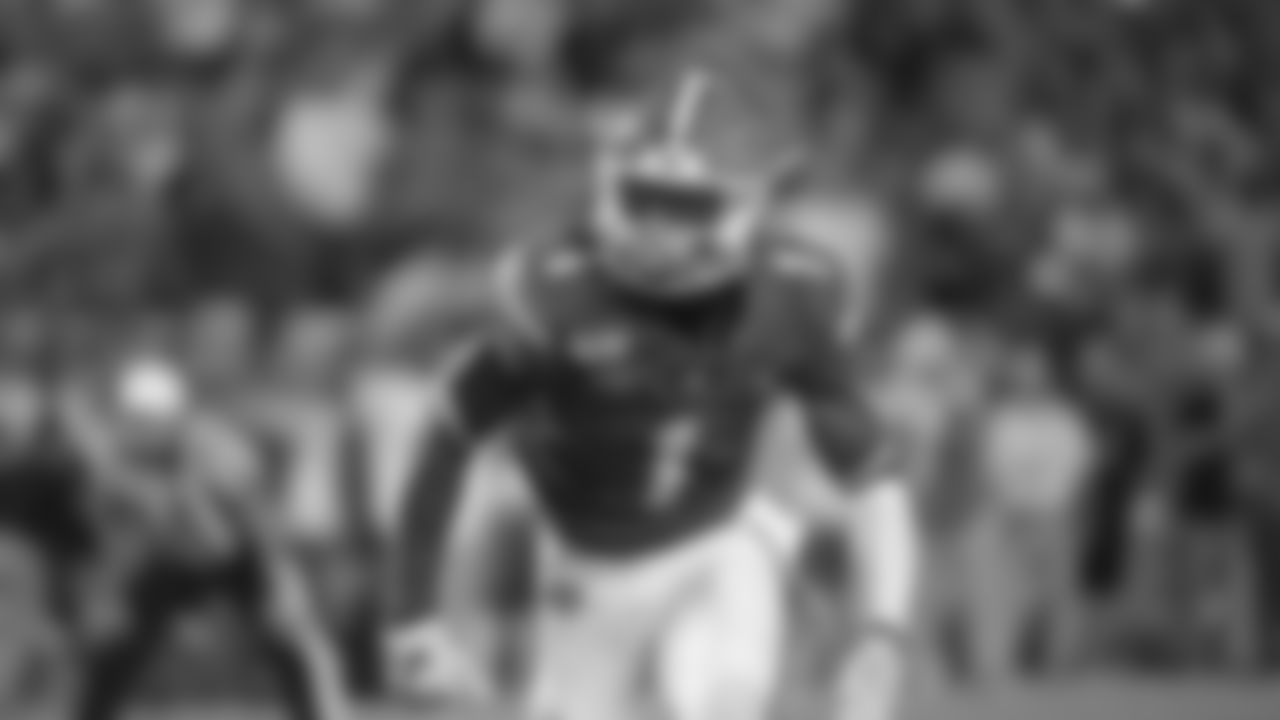
No. 28 Florida WR Kadarius Toney
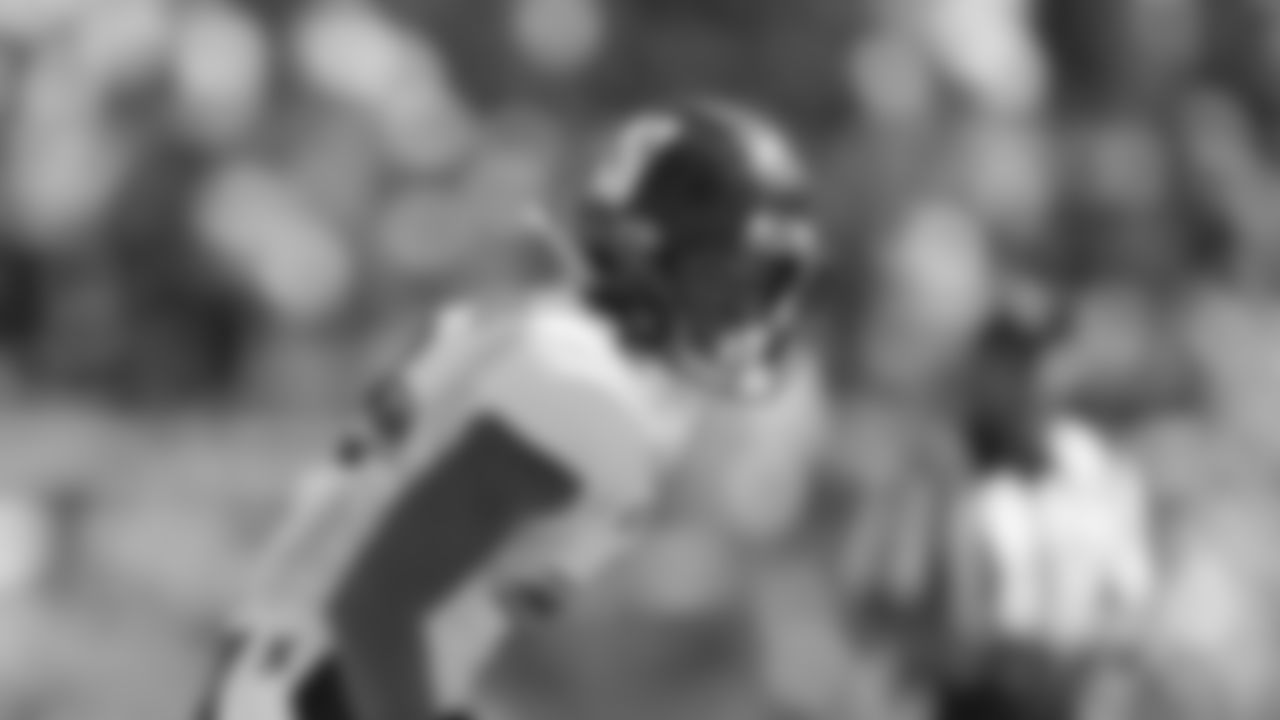
No. 27 Northwestern CB Greg Newsome II
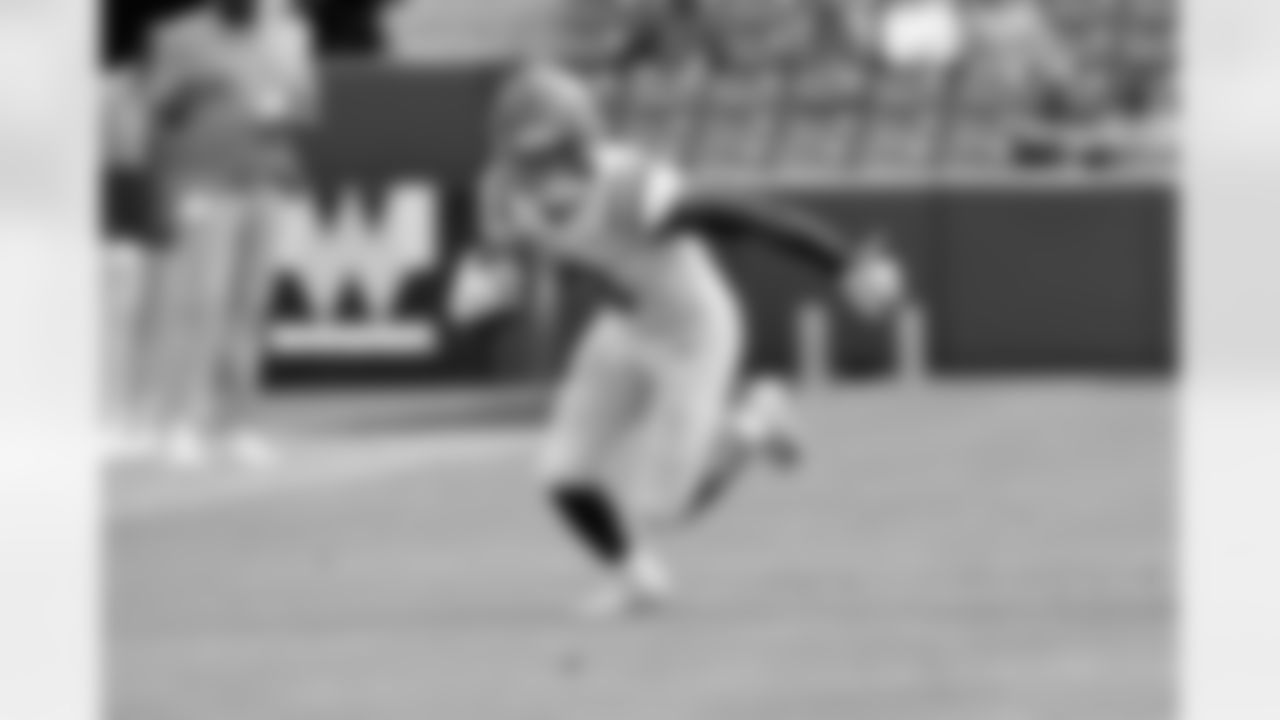
No. 26 Mississippi WR Elijah Moore
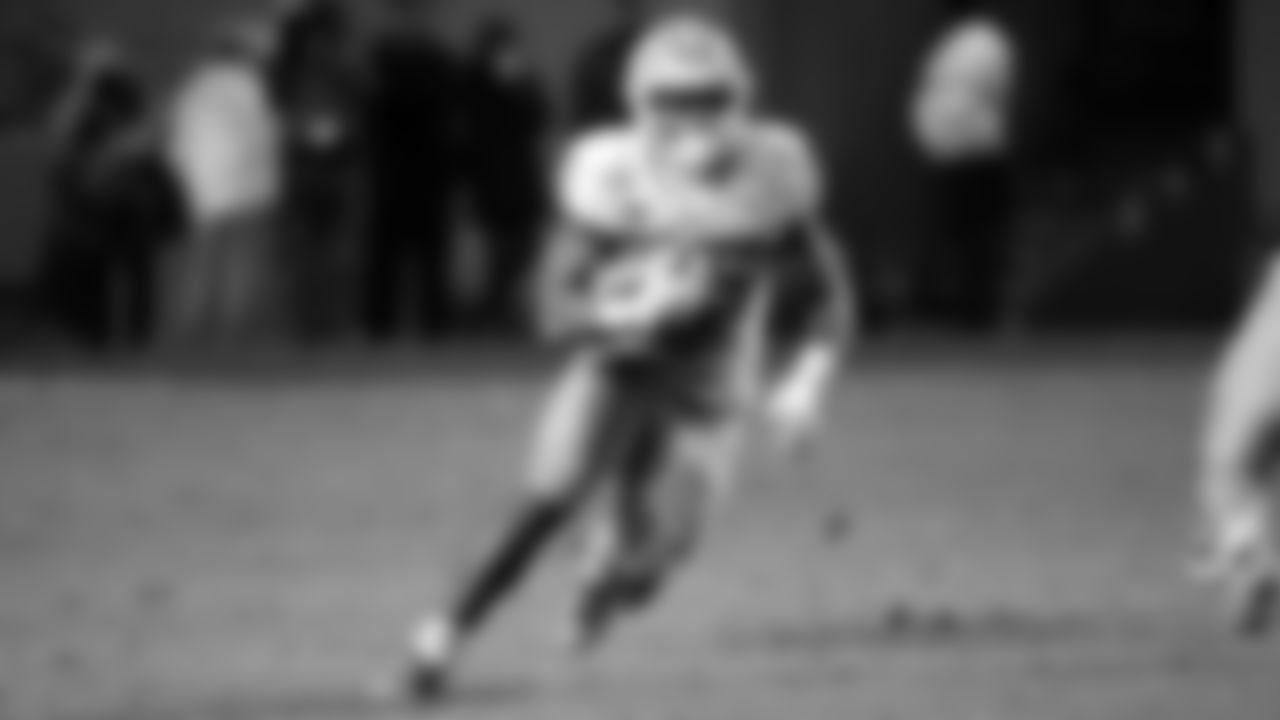
No. 25 North Carolina RB Javonte Williams
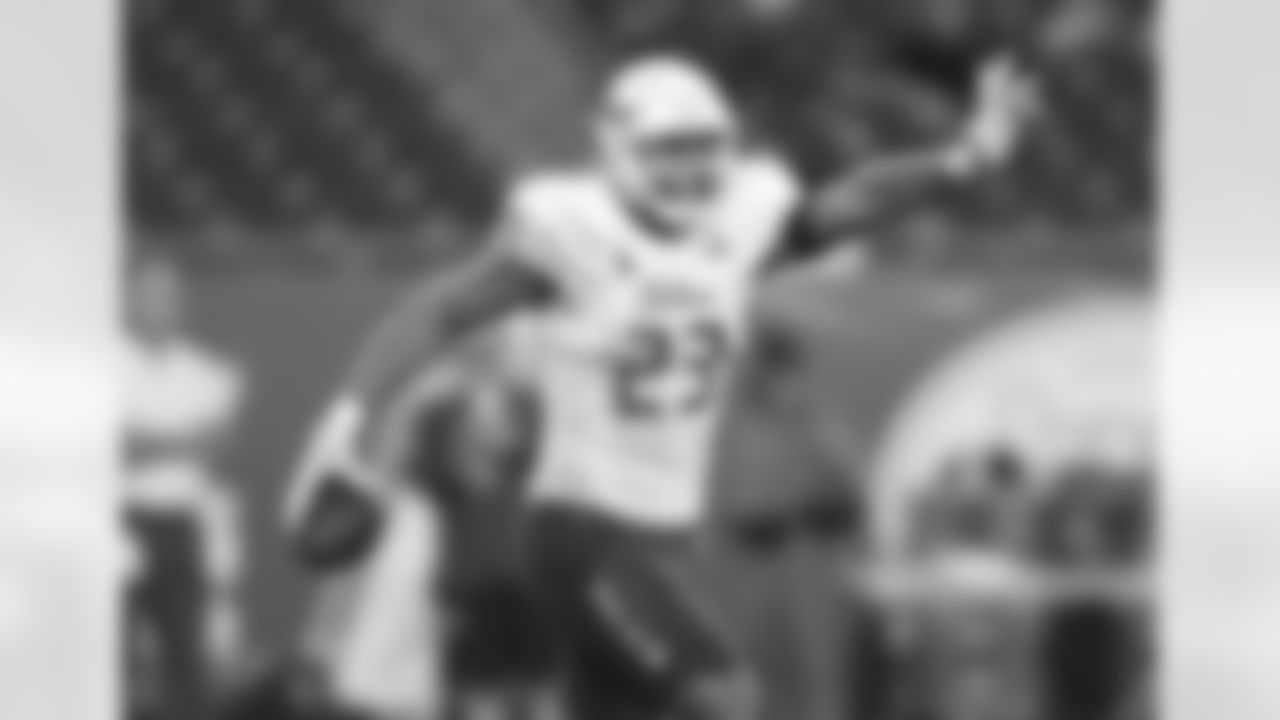
No. 24 Tulsa LB Zaven Collins
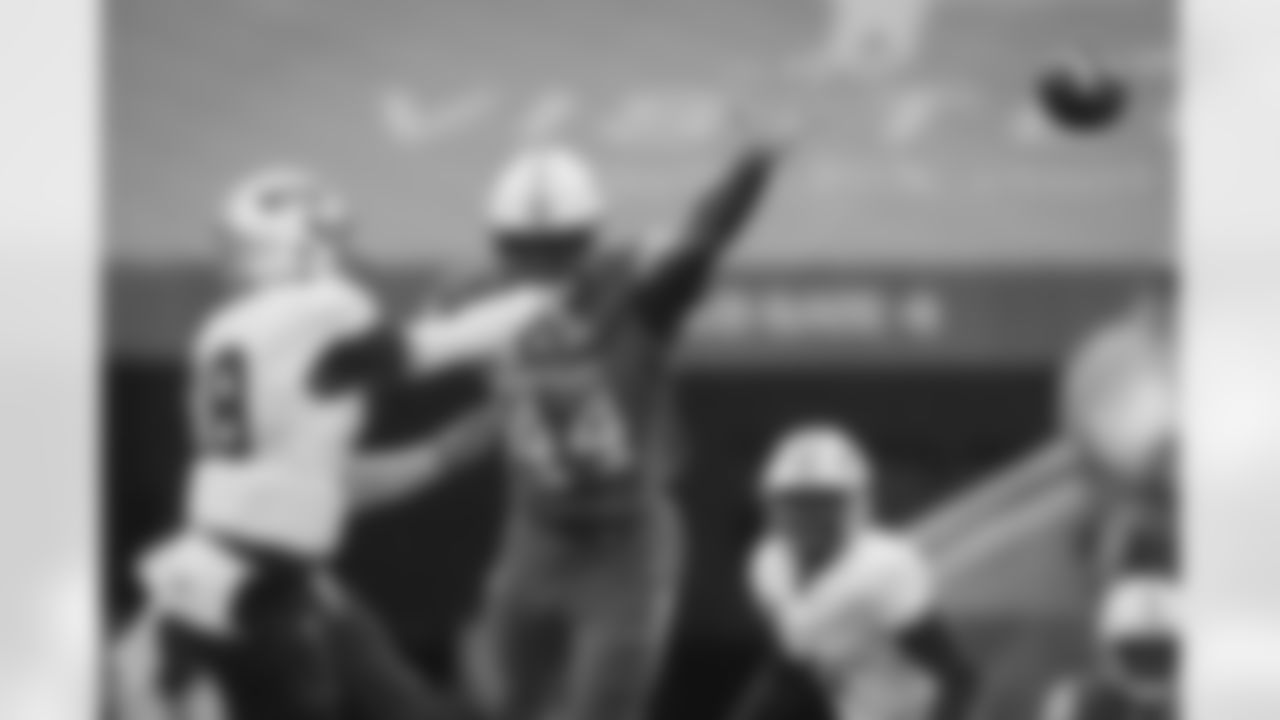
No. 23 Kentucky LB Jamin Davis
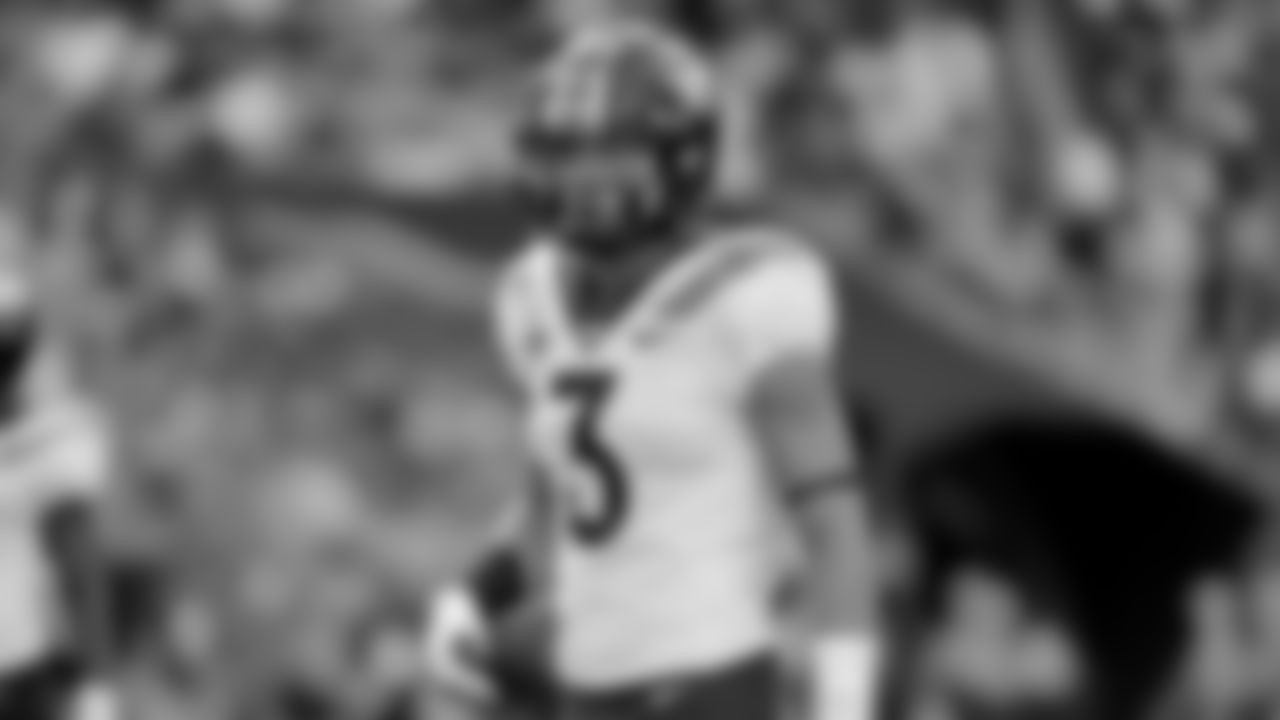
No. 22 Virginia Tech CB Caleb Farley
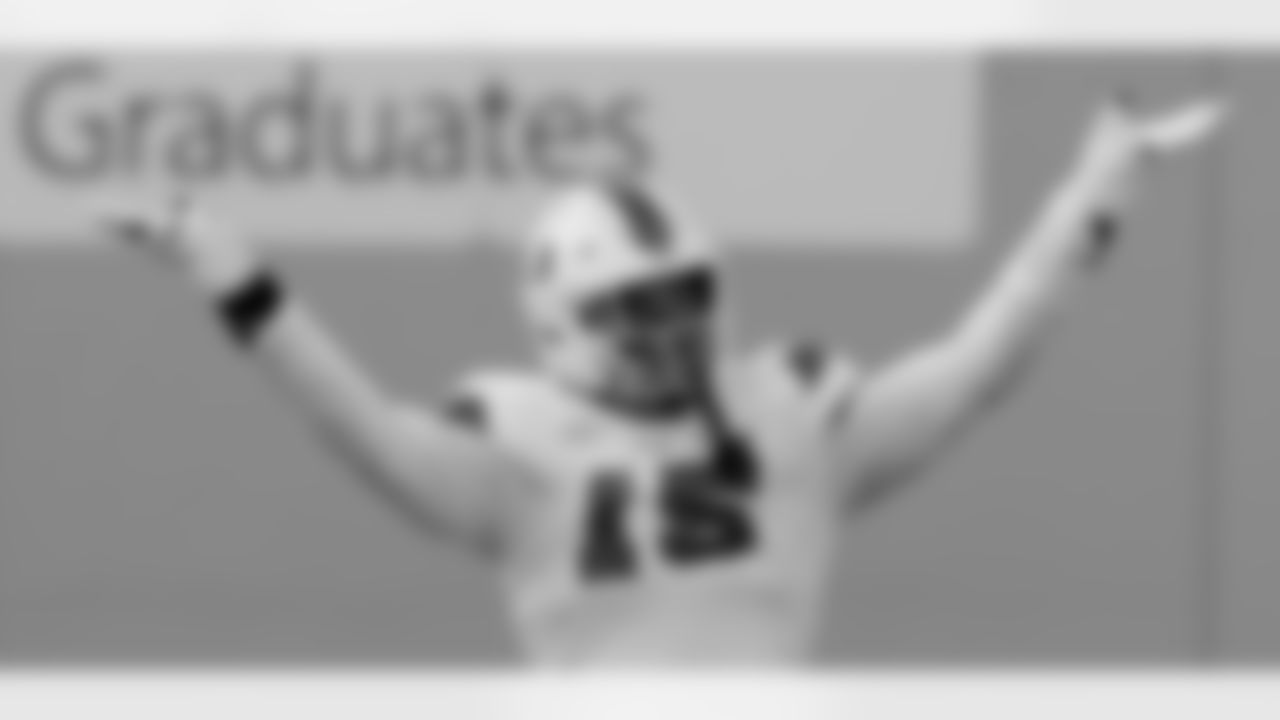
No. 21 Miami EDGE Jaelan Phillips
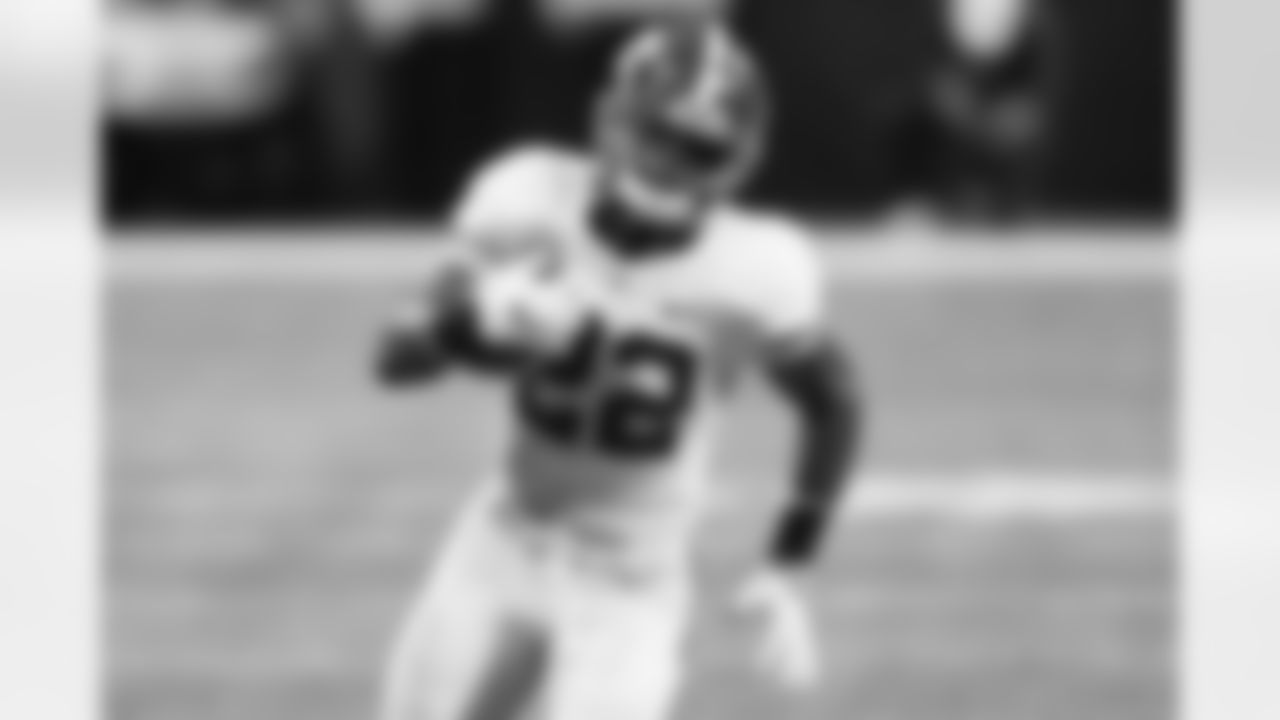
No. 20 Alabama RB Najee Harris
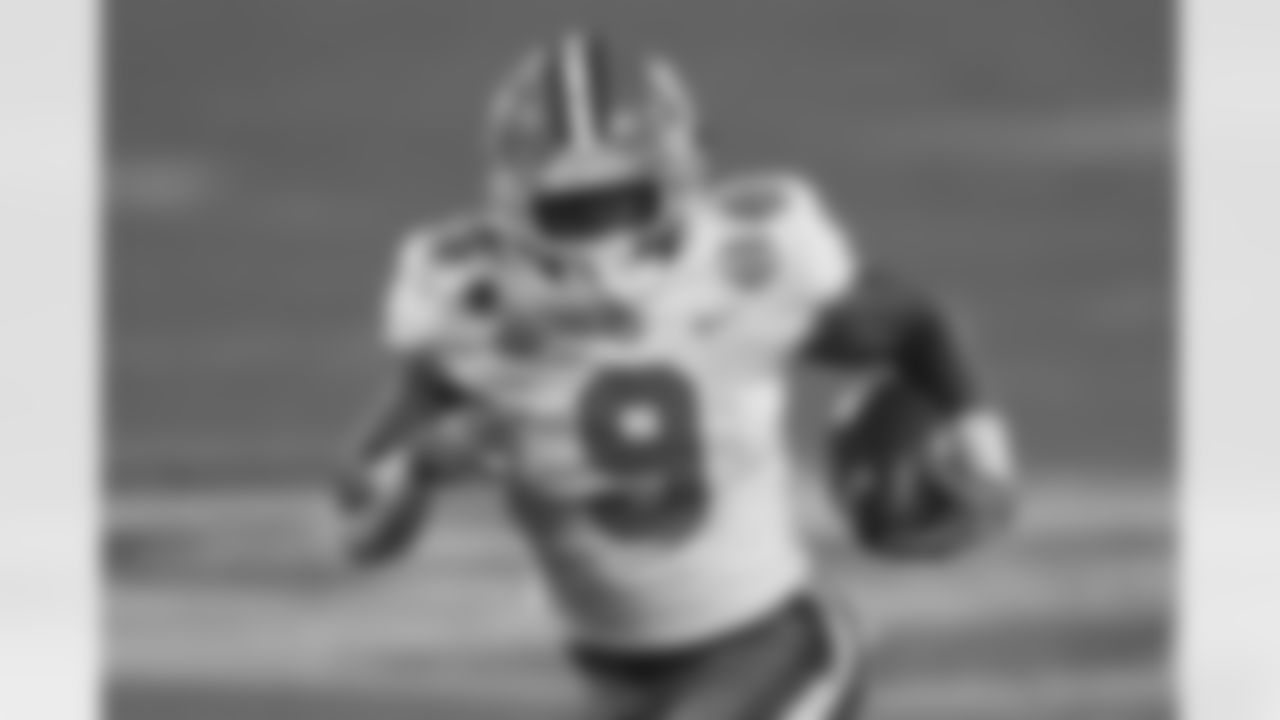
No. 19 Clemson RB Travis Etienne
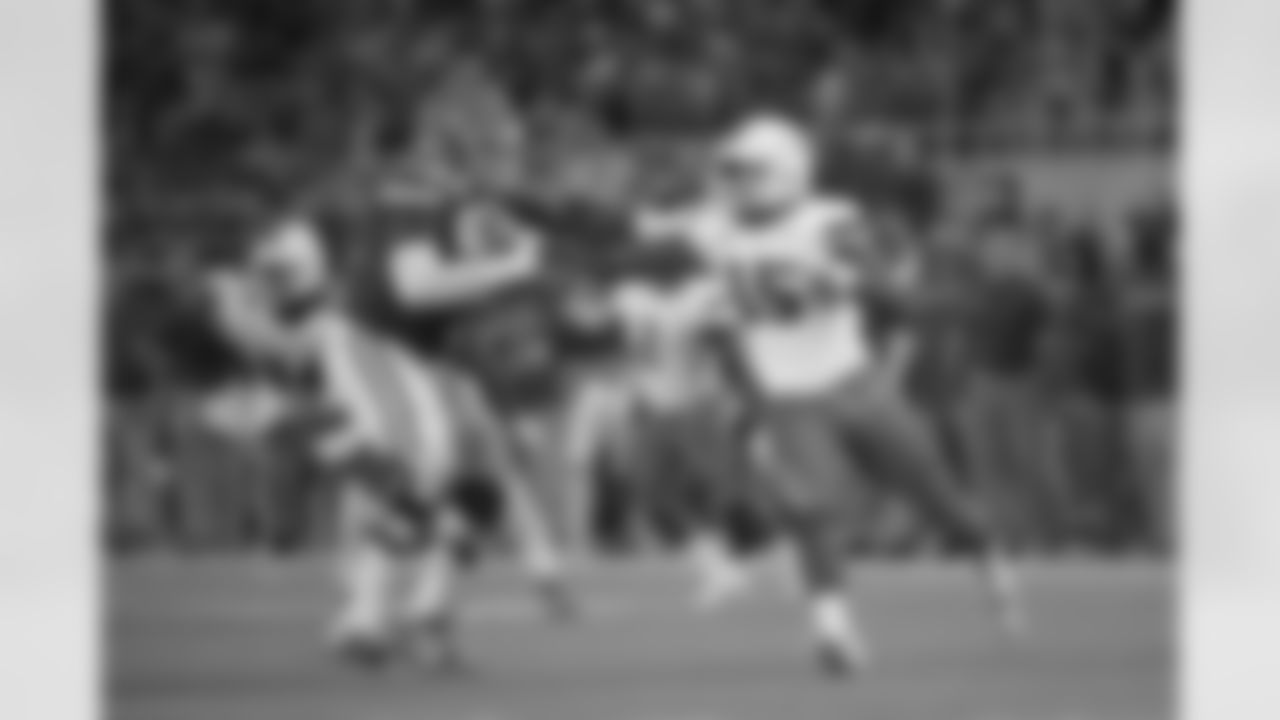
No. 18 Miami EDGE Gregory Rousseau
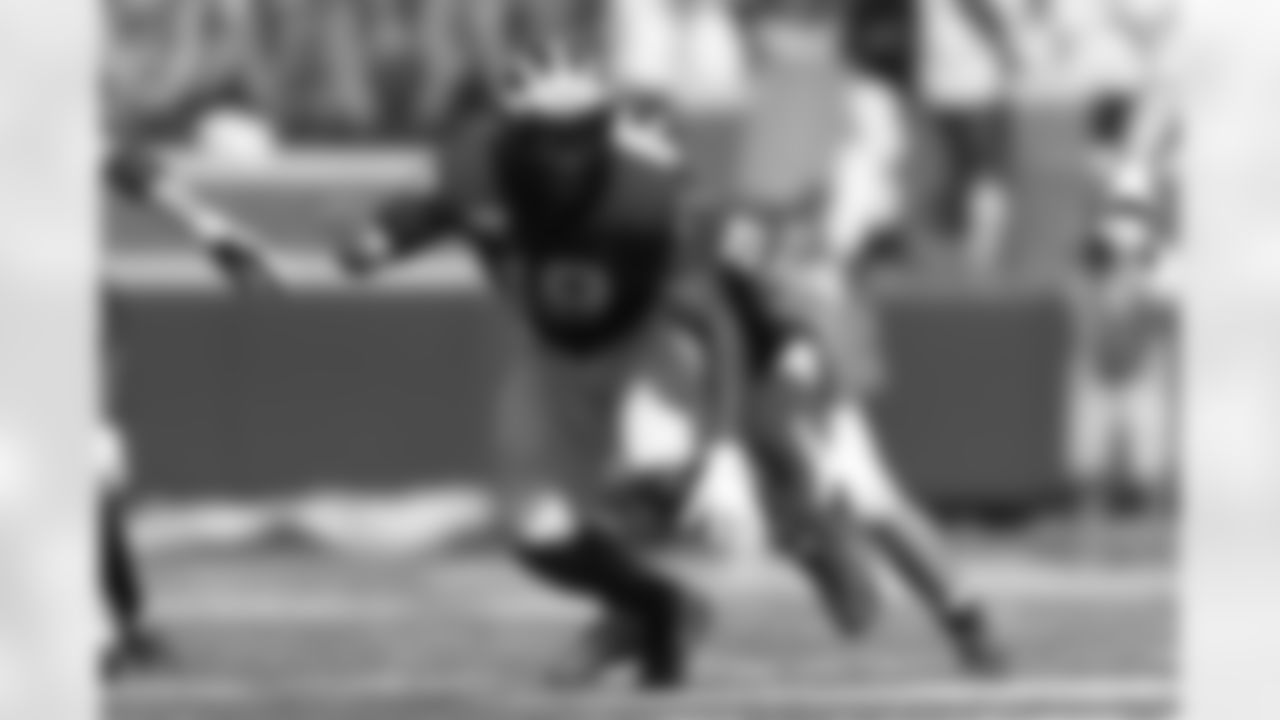
No. 17 Michigan EDGE Kwity Paye
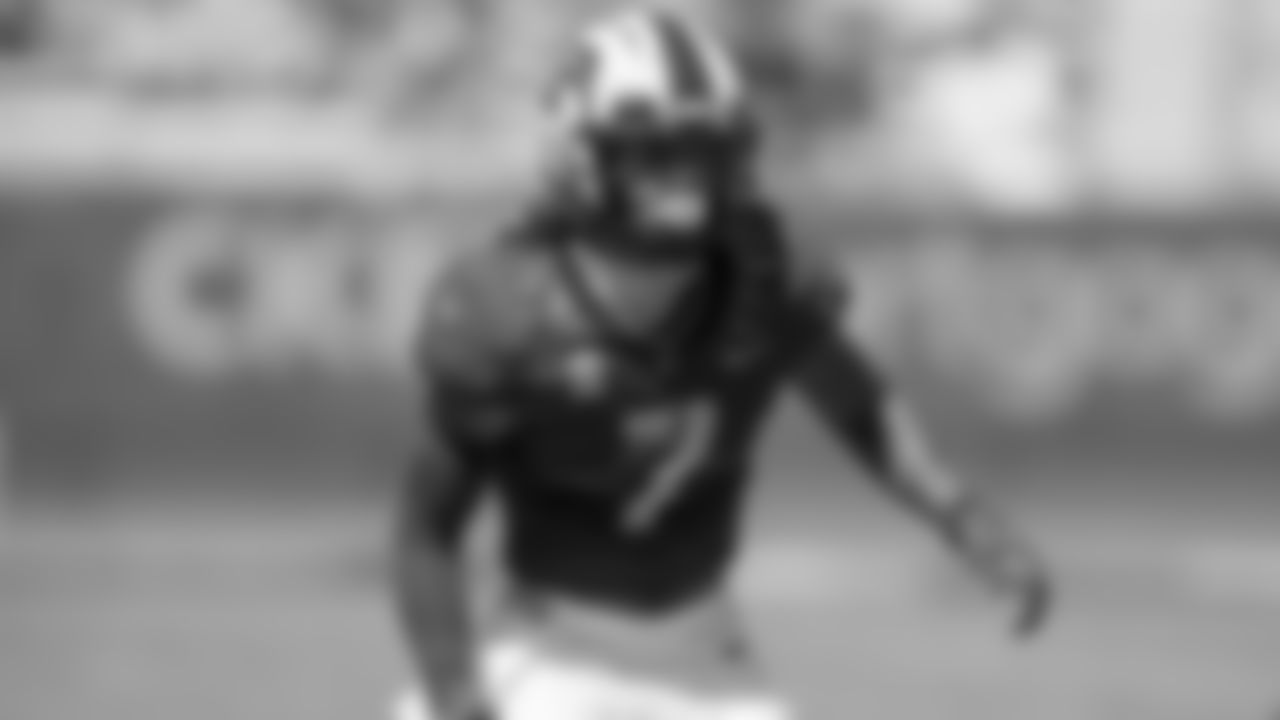
No. 16 TCU S Trevon Moehrig
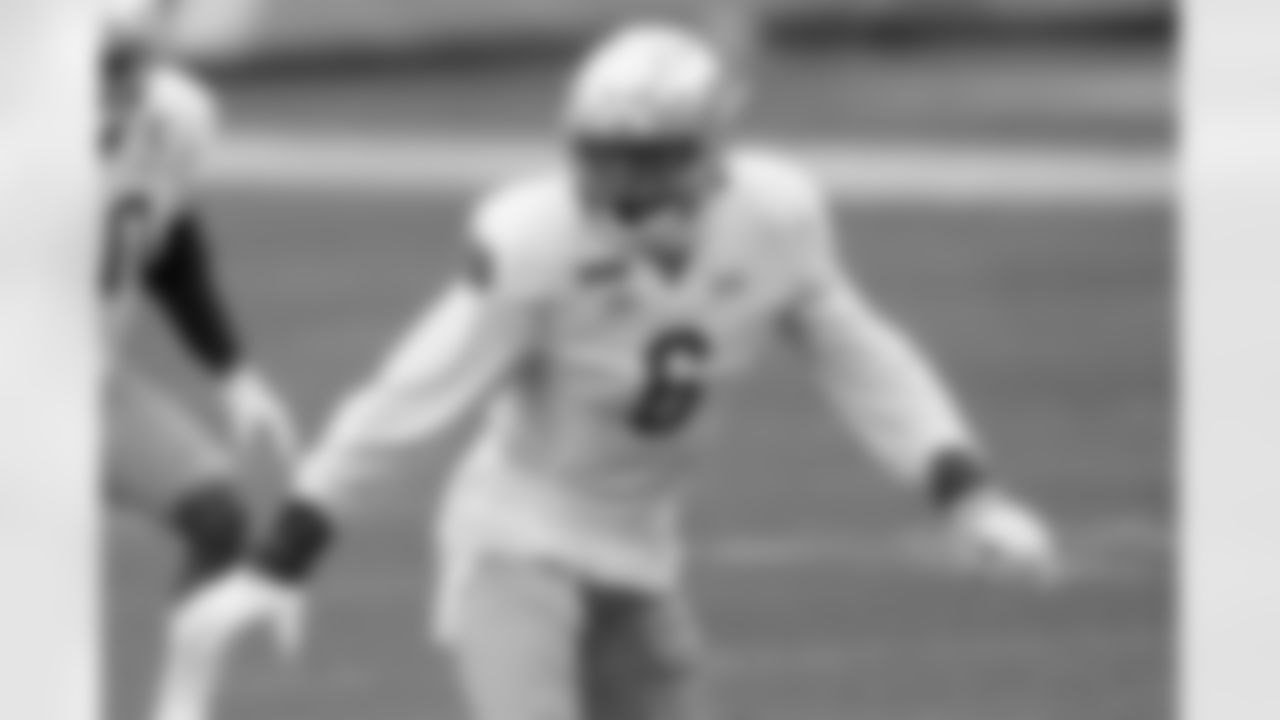
No. 15 Notre Dame LB Jeremiah Owusu-Koramoah
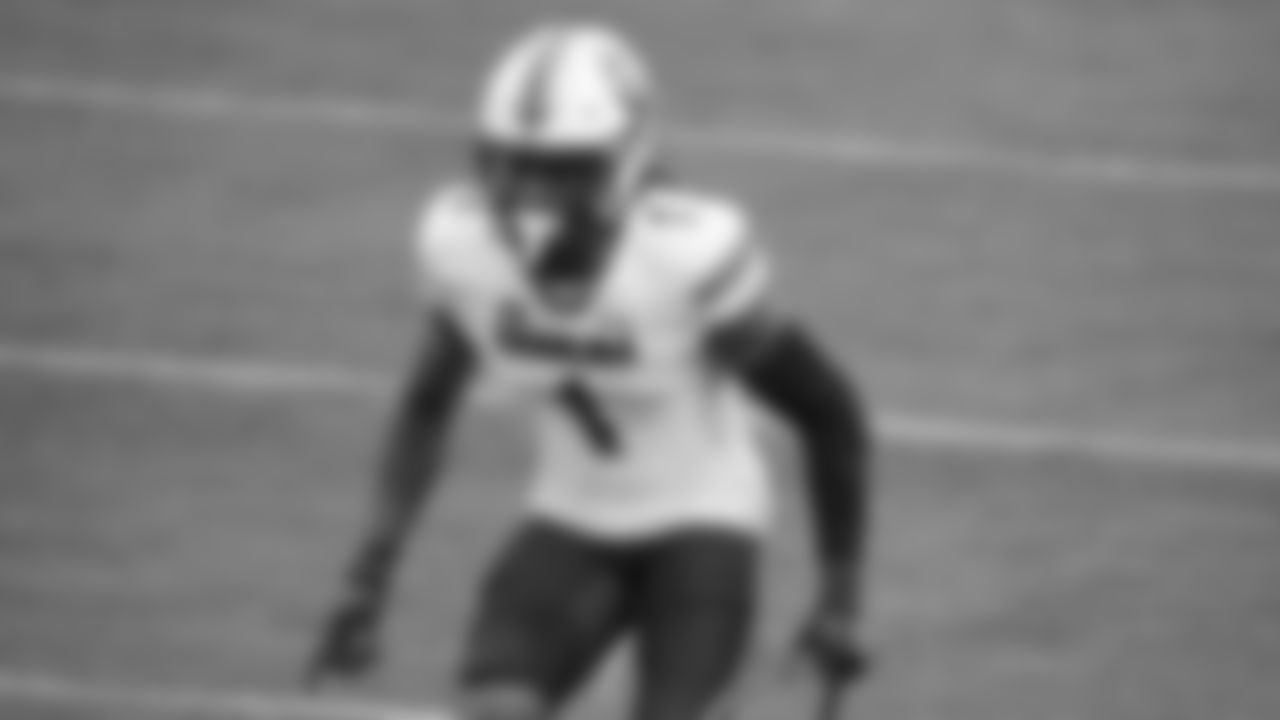
No. 14 South Carolina CB Jaycee Horn
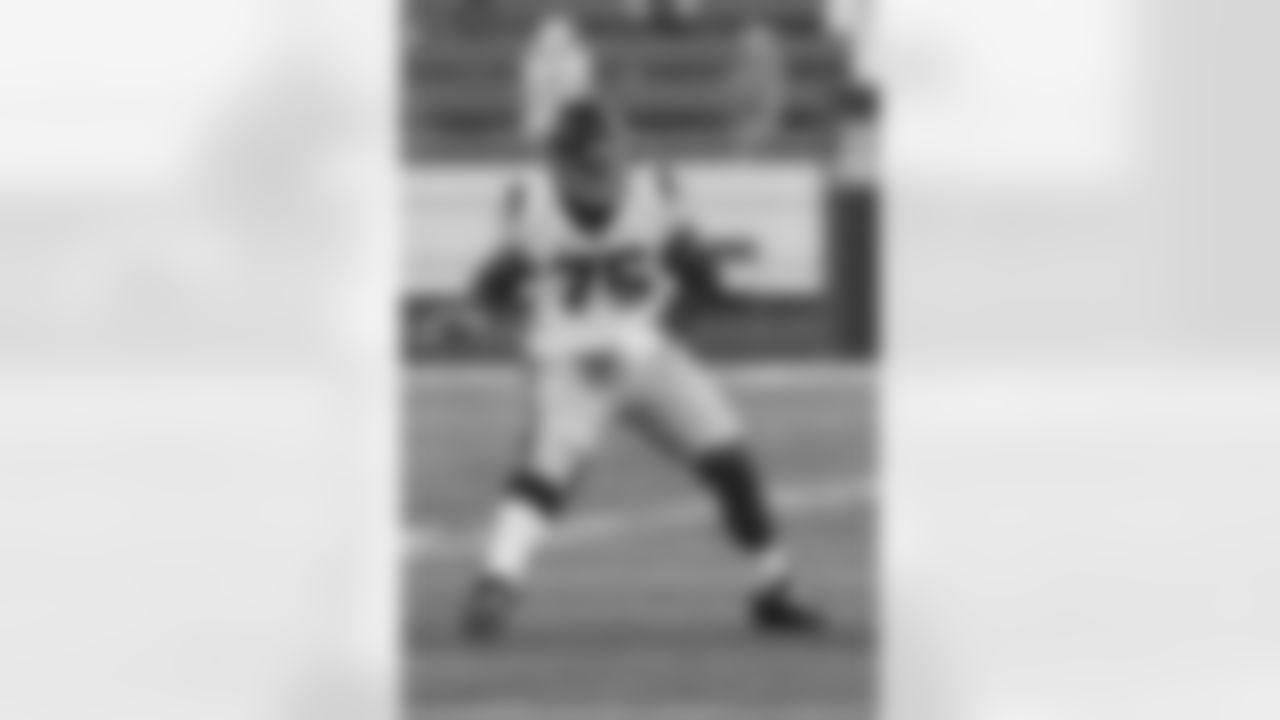
No. 13 USC OL Alijah Vera-Tucker
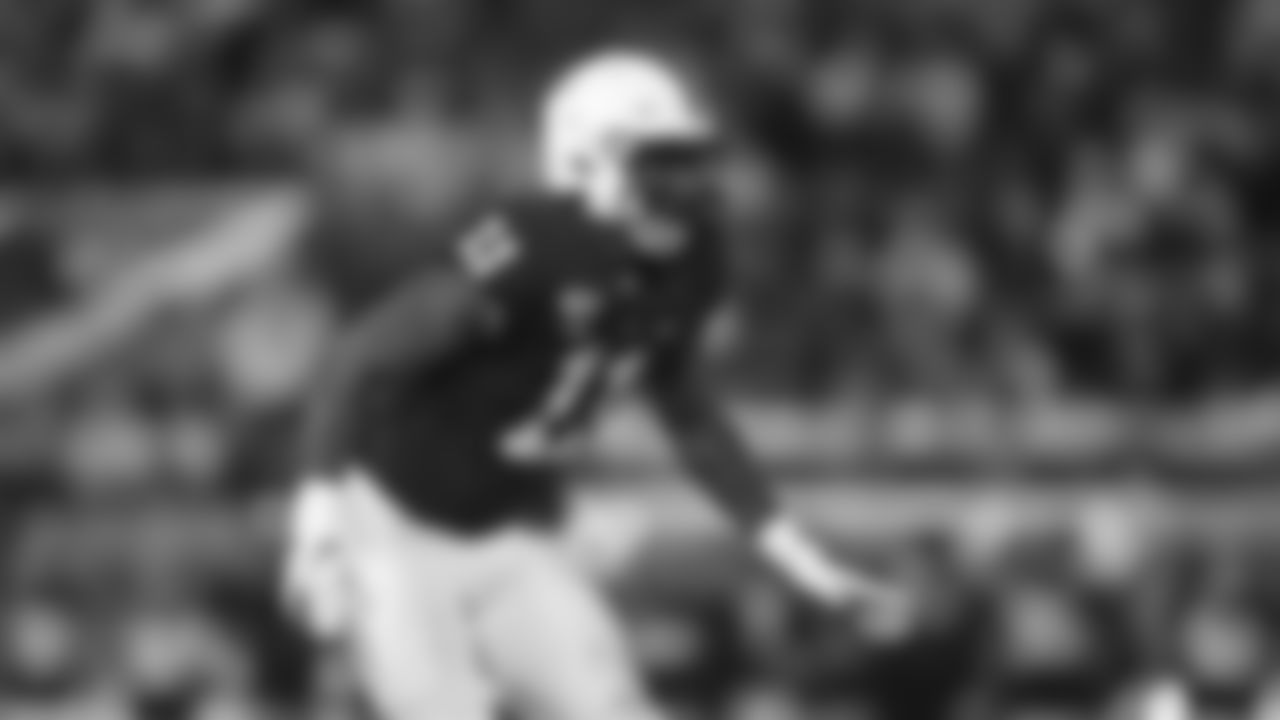
No. 12 Penn State LB Micah Parsons
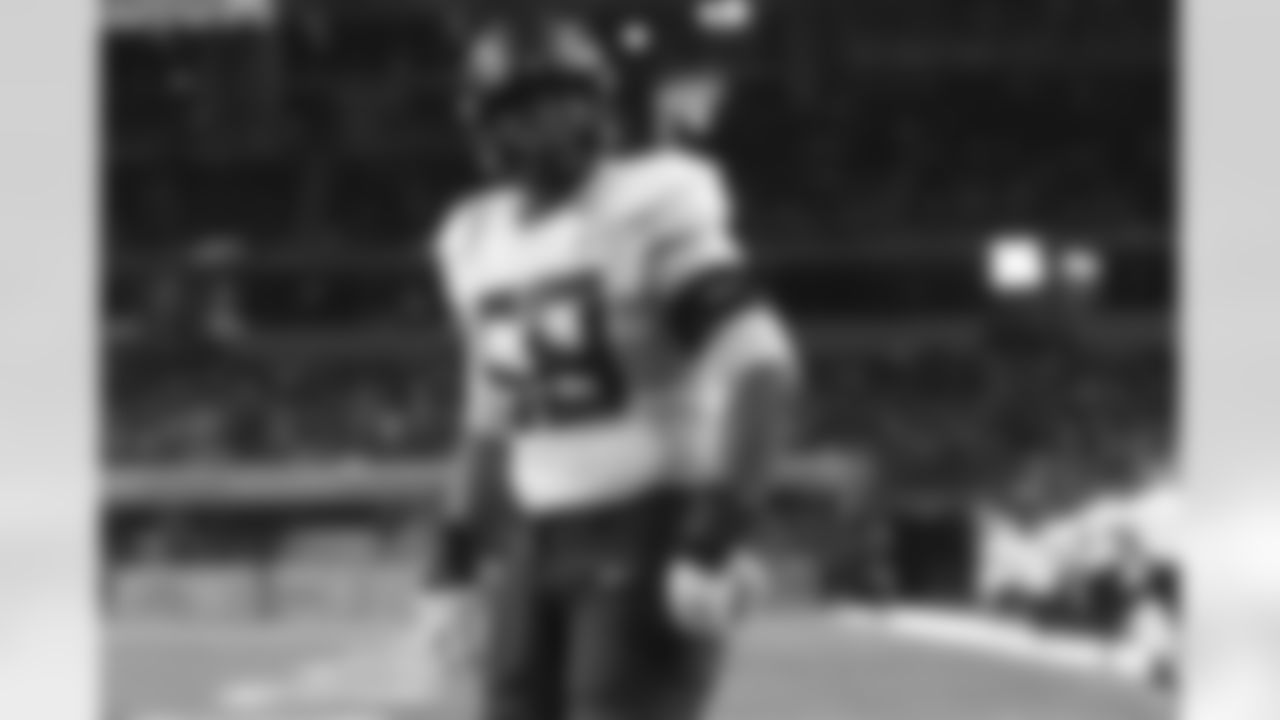
No. 11 Oregon OT Penei Sewell
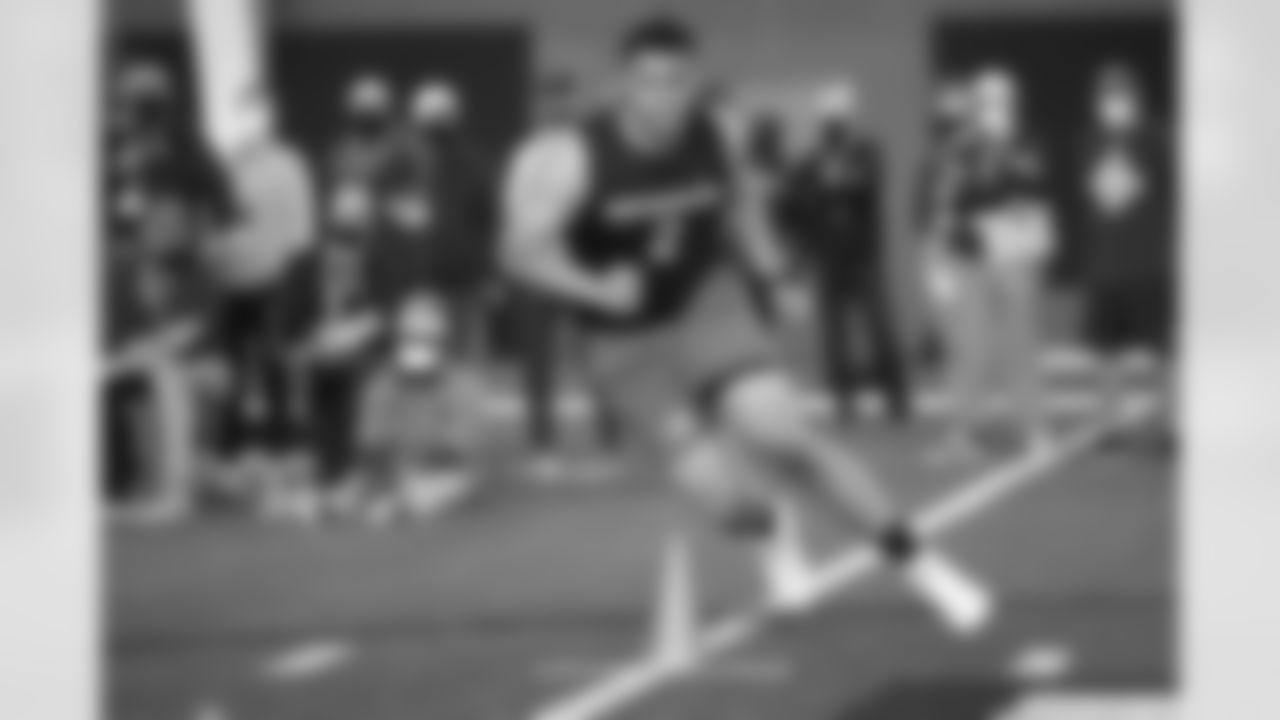
No. 10 Northwestern OT Rashawn Slater
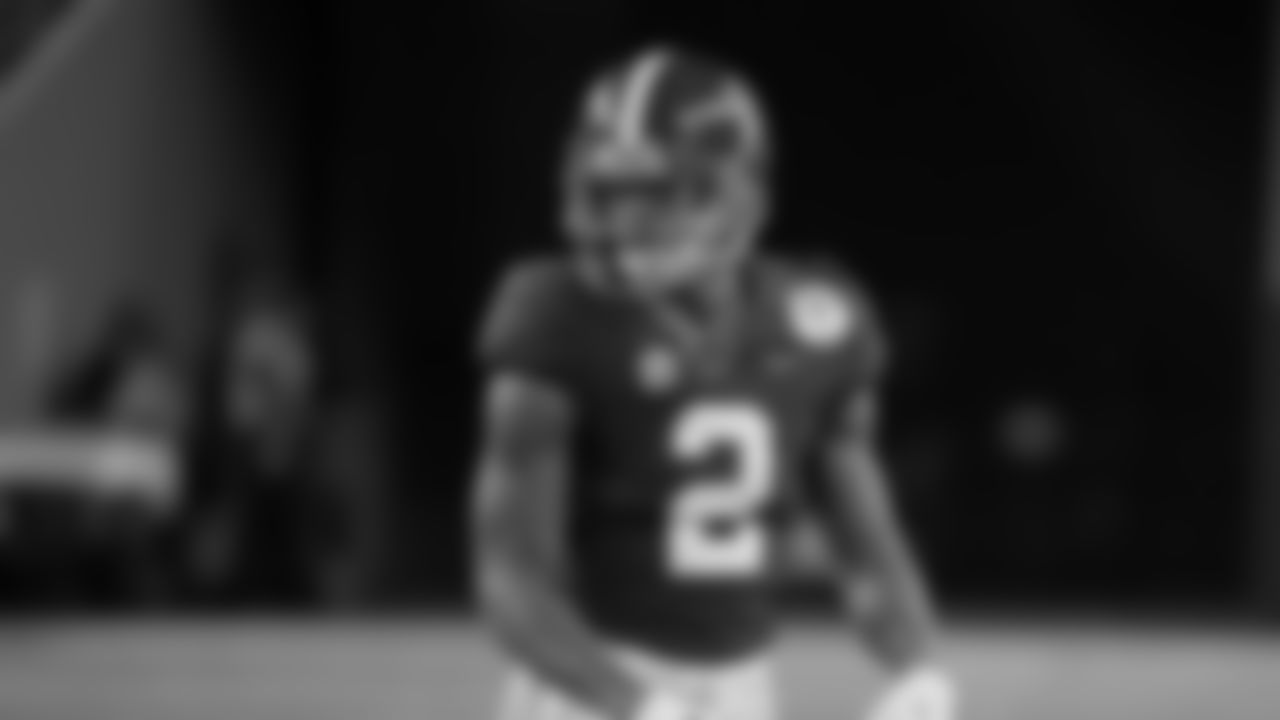
No. 9 Alabama CB Patrick Surtain II
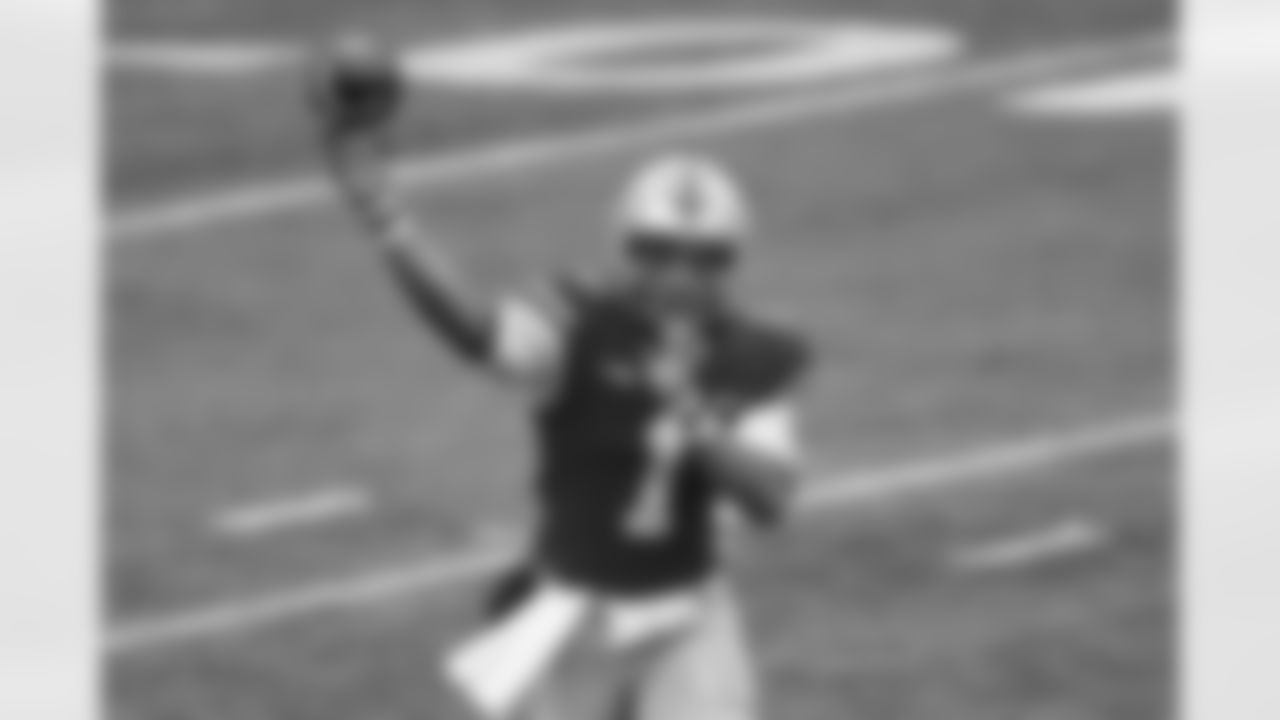
No. 8 Ohio State QB Justin Fields
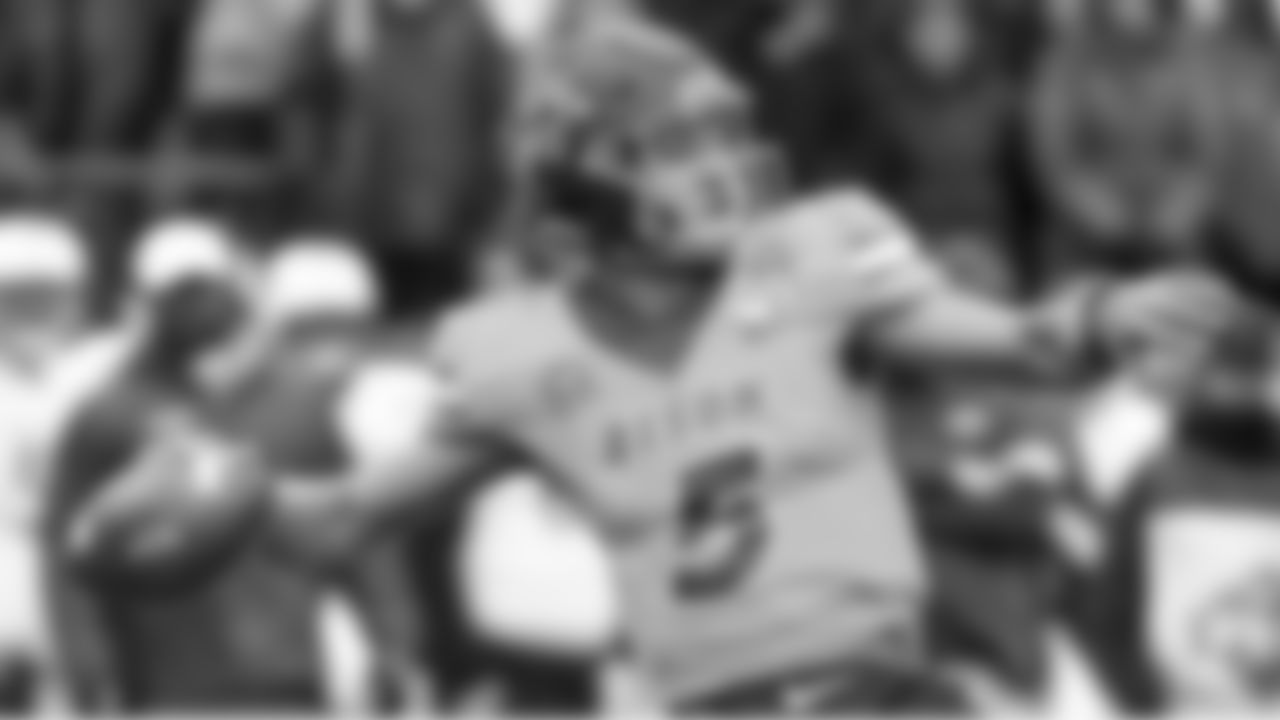
No. 7 North Dakota State QB Trey Lance
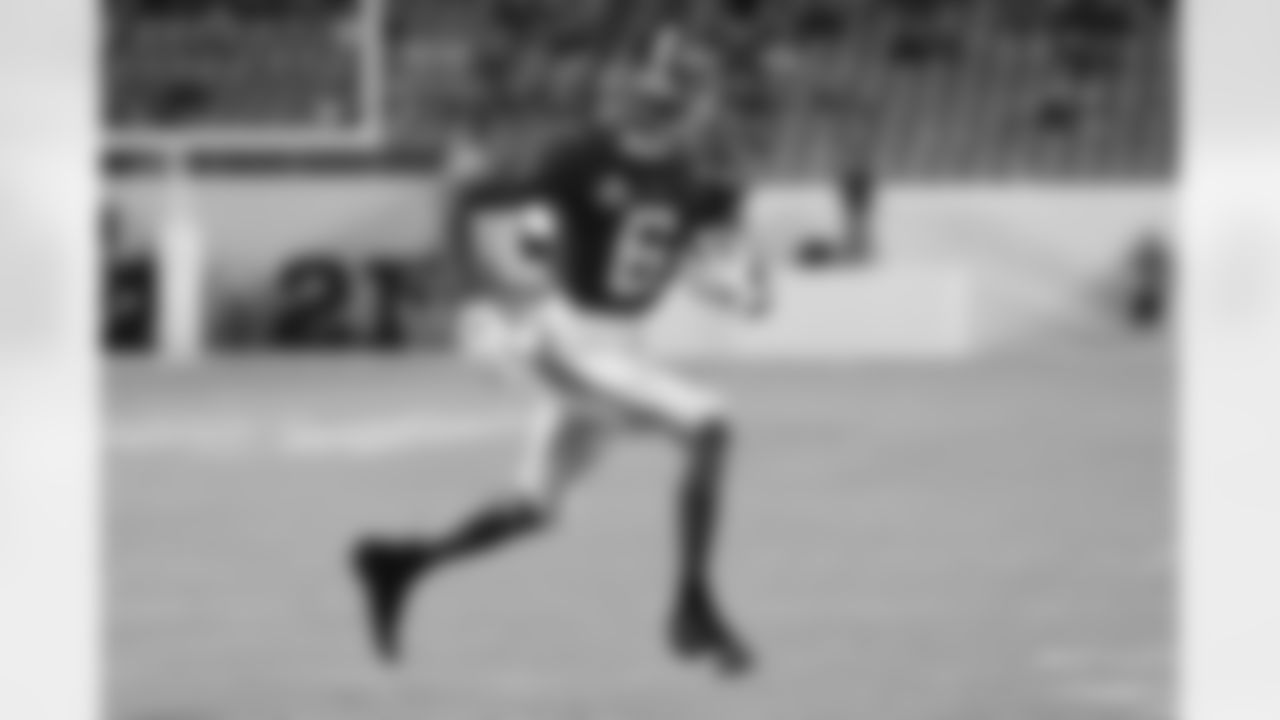
No. 6 Alabama WR DeVonta Smith
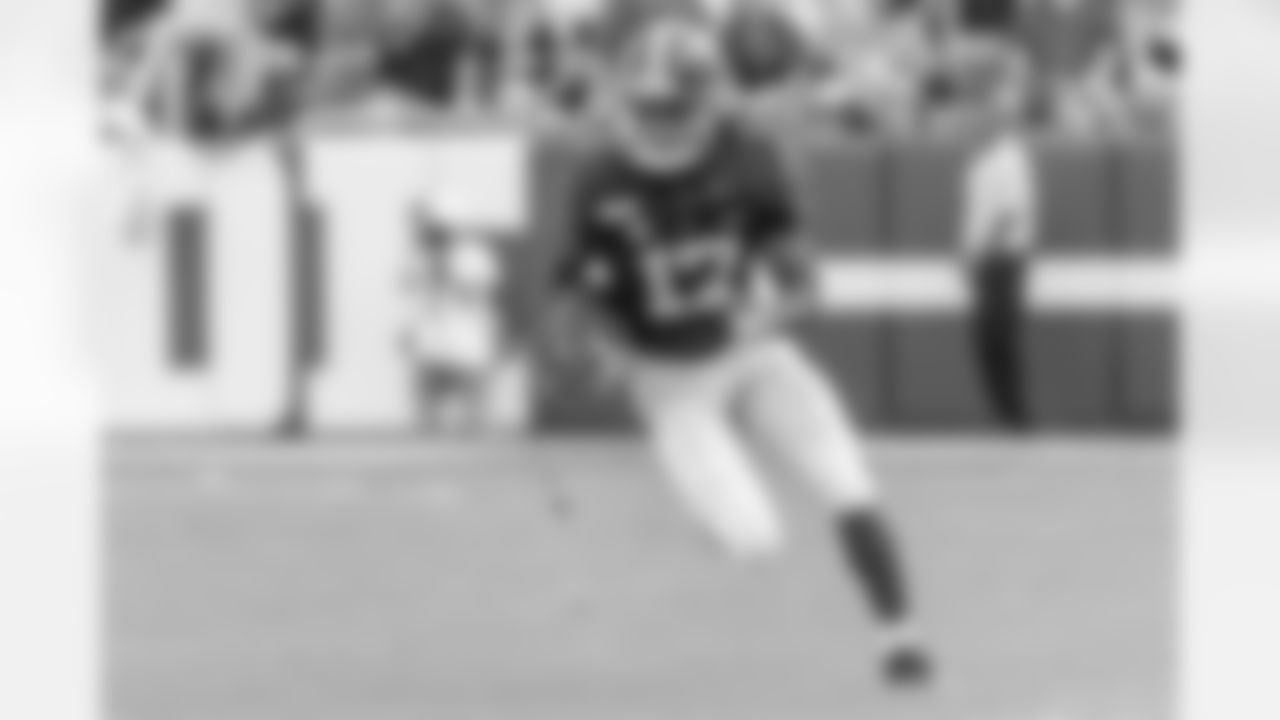
No. 5 Alabama WR Jaylen Waddle
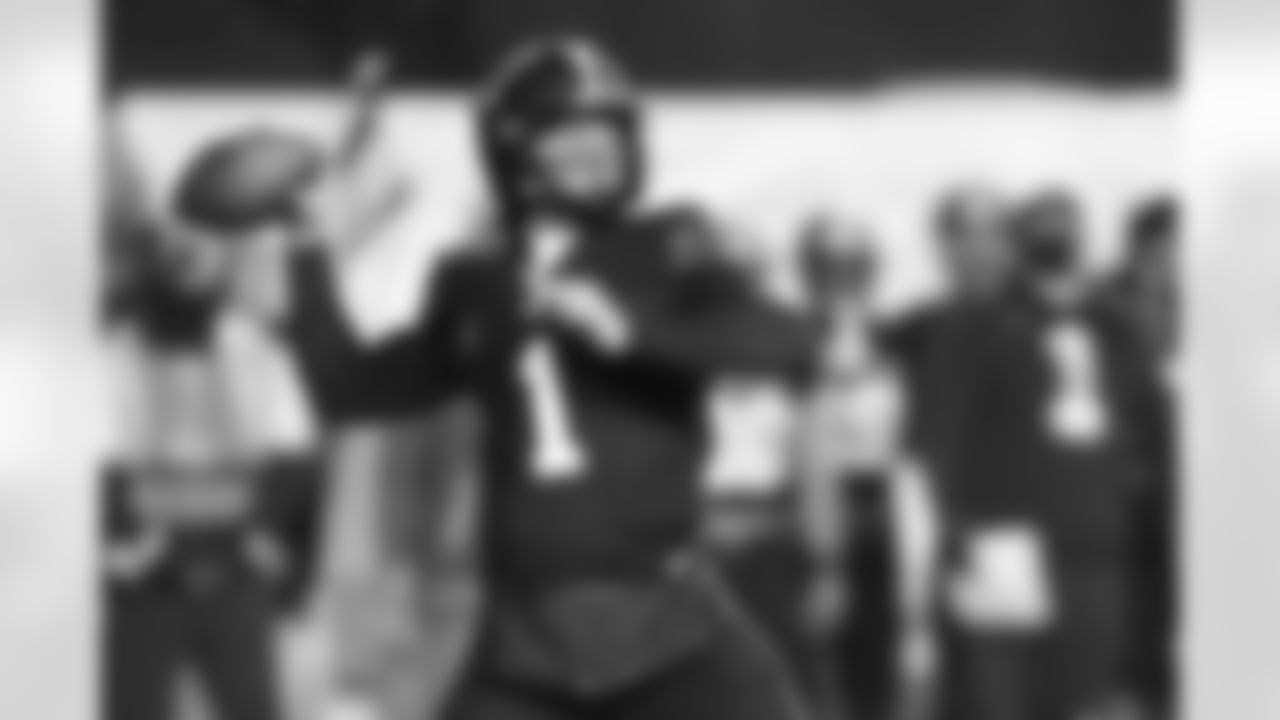
No. 4 BYU QB Zach Wilson
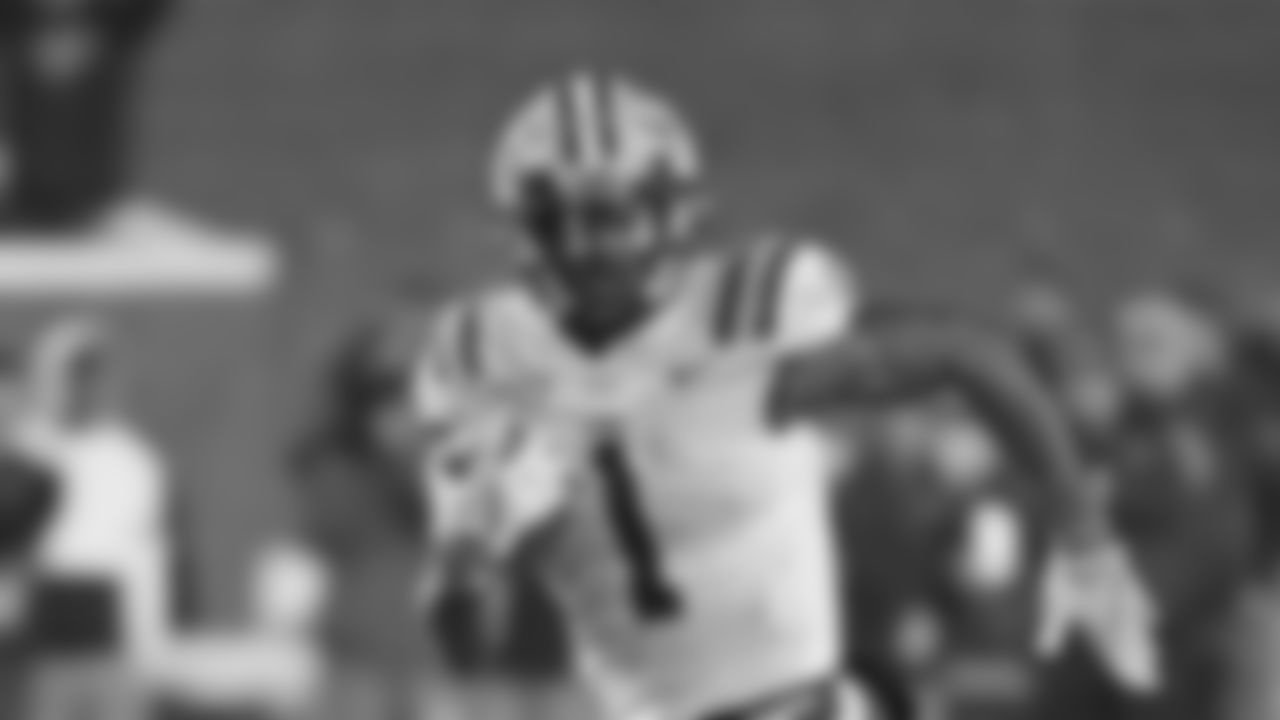
No. 3 LSU WR Ja'Marr Chase
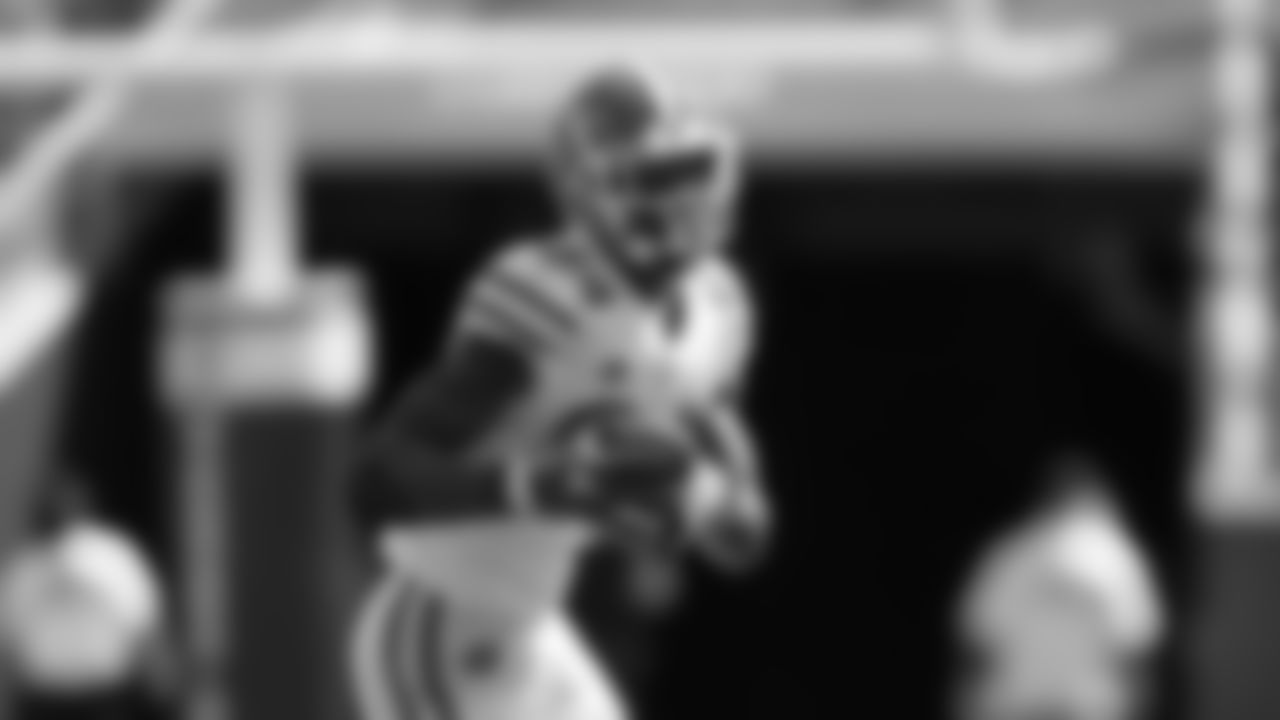
No. 2 Florida TE Kyle Pitts
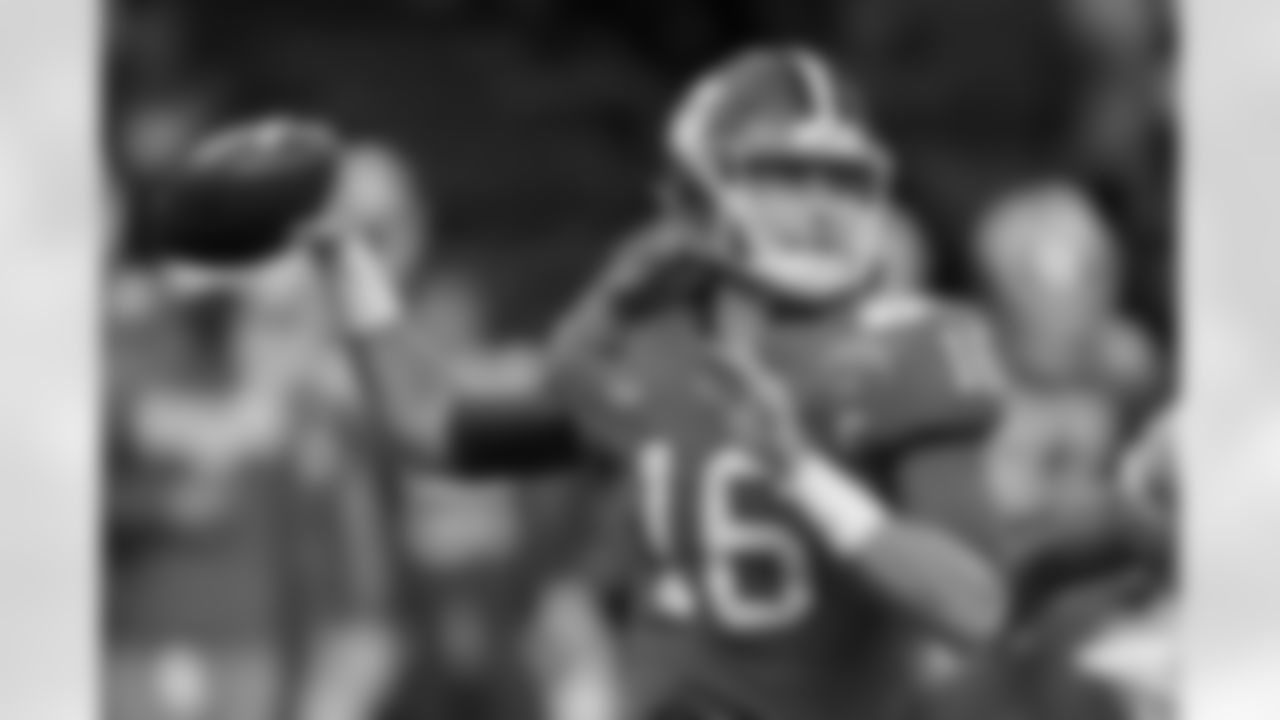
No. 1 Clemson QB Trevor Lawrence











